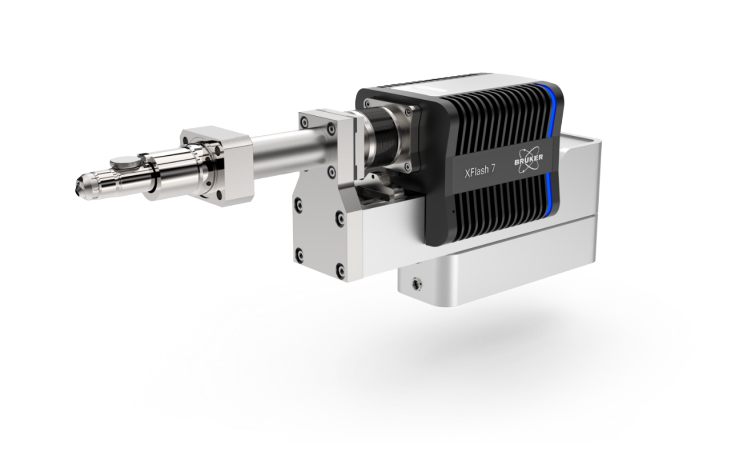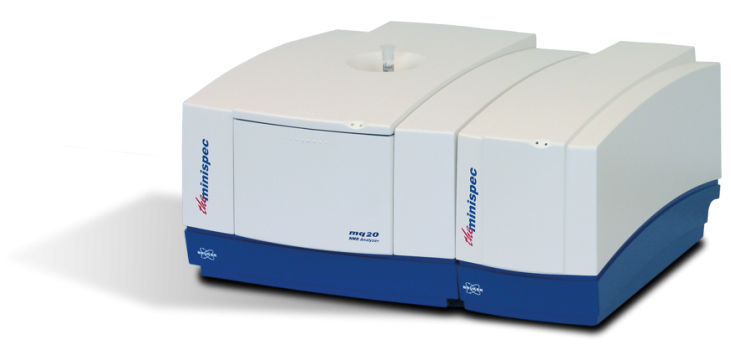
To determine various physical and chemical properties of polymers, Bruker provides a powerful method of giving fast and reliable answers within all possible production and processing steps:
Time Domain NMR. This method offers various NMR parameters that are directly related to the material’s qualities, such as crystallinity or cross link density. Thus, the minispec is the system of choice when you need speed and reliability for your quality control process or sophisticated R&D applications.
Bruker’s versatile TD-NMR applications are widely used in the study of polymerization reaction kinetics, material properties of filled and modified polymers and failure analysis.

Customized Solutions for R&D
Sample temperature control The minispec provides several temperature options:
- Fixed temperature by regulating the sample chamber through magnet temperature (i.e. sample temperature from 35 °C to 45 °C)
- Variable temperature by external heating or cooling water bath, ranging from -5 °C to +65 °C
- Wide-range variable temperature by using a gas flow system from -100 °C to +200 °C.
RF pulse options
The minispec can be configured for RF pulse attenuation and/or RF pulse shapes for demanding applications (e.g. T1ρ experiments).
Pulsed field gradients and diffusion analysis
The minispec can be extended for gradient applications.
Retro-fittable probes and dedicated systems are
available.
Advanced curve fitting tools
Curve fitting routines for up to 4 polymer components are available. Also relaxation decay analysis by Inverse Laplace Transformation (ILT/CONTIN) is implemented.
Benefits
Key Advantages – Compared to chemical and mechanical analysis
Fast and easy
The full analysis – from sampling to final result – typically takes less than 30 min. A fully automated system for sample tempering and measurement is available.
Compact and robust
The small foot-print of the minispec unit allows placement near the production line. No dedicated supplies and no consumables are required.
Reproducible and non-invasive
The repeatability and reproducibility of the minispec analysis are significantly better compared to wet chemical approaches. Moreover, the analysis is non-invasive and non-destructive.
Key Advantages – Compared to optical methods
Flexible and independent
Bulk measurement of the samples which can be either liquid, powder, pellet, film or plate. The result is independent of surface characteristics, color, or filler content.
the minispec Polymer Analyzer Options
- minispec mq-one Analyzer for dedicated QC/QA applications.
- minispec mq-series (e.g. mq20) for QC/QA and R&D.
the minispec mq-Series Options
Sample Temperature Control
- Fixed temperature: Sample chamber is regulated by magnet temperature, i.e. probe temperature from 35 °C to 45 °C.
- Variable temperature by external heating / cooling water bath, ranging from -5 °C to +65 °C.
- Wide-range variable temperature using gas flow system from -100 °C to +200 °C.
RF Pulse Options
- The minispec can be configured for RF pulse attenuation and / or RF pulse shapes for demanding applications, e.g. T1ρ experiments.
Pulsed Field Gradients & Diffusion Analysis
Extend your mq-system for gradient applications. Retrofittable probes and dedicated systems are available.
Feature Extract of Standard Software:
Full programming flexibility by minispec ExpSpel experiment editor for definition of
- NMR pulse sequences
- NMR data processing etc.
mq-series systems come along with a large application pool, including almost all common TD-NMR pulse sequences.
Alternative Software Options:
- minispec Plus Software for classic application with calibration.
- minispec Plus Software for chemometric data analysis.
- minispec Plus Software for relaxation time analysis with simultaneous control of BVT3000 tempering unit, e.g. for temperature ramps or pre-defined
-
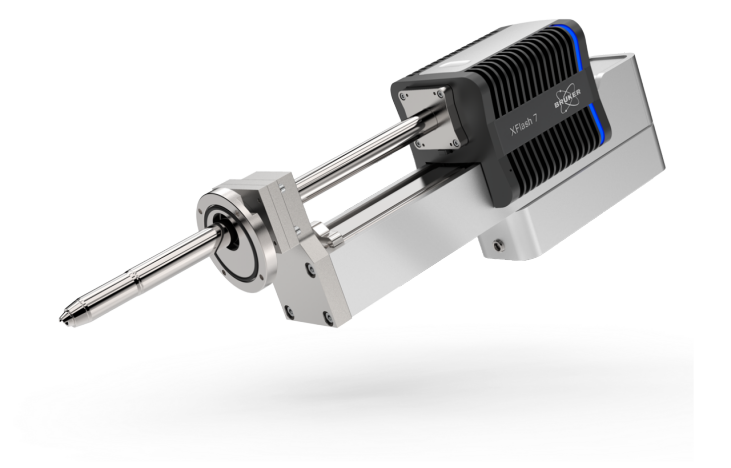
-
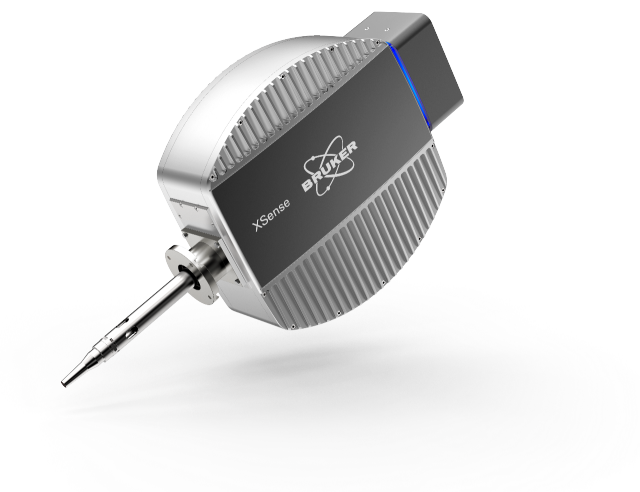
-
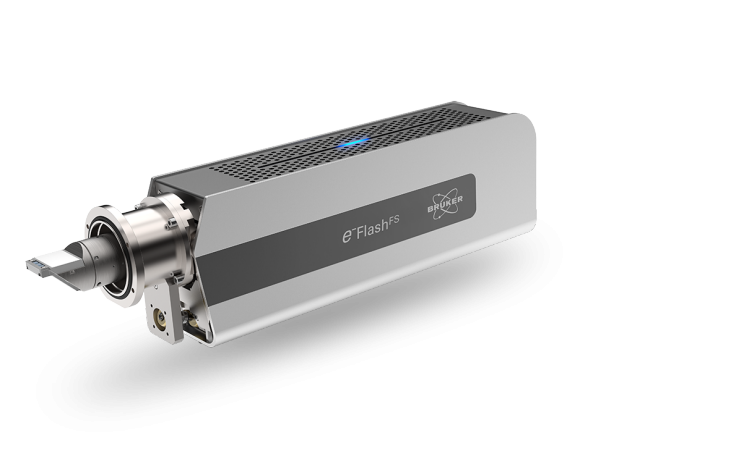
-
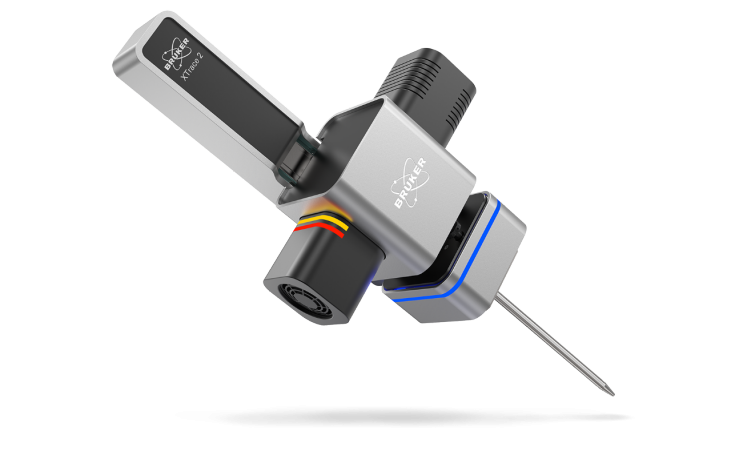
-
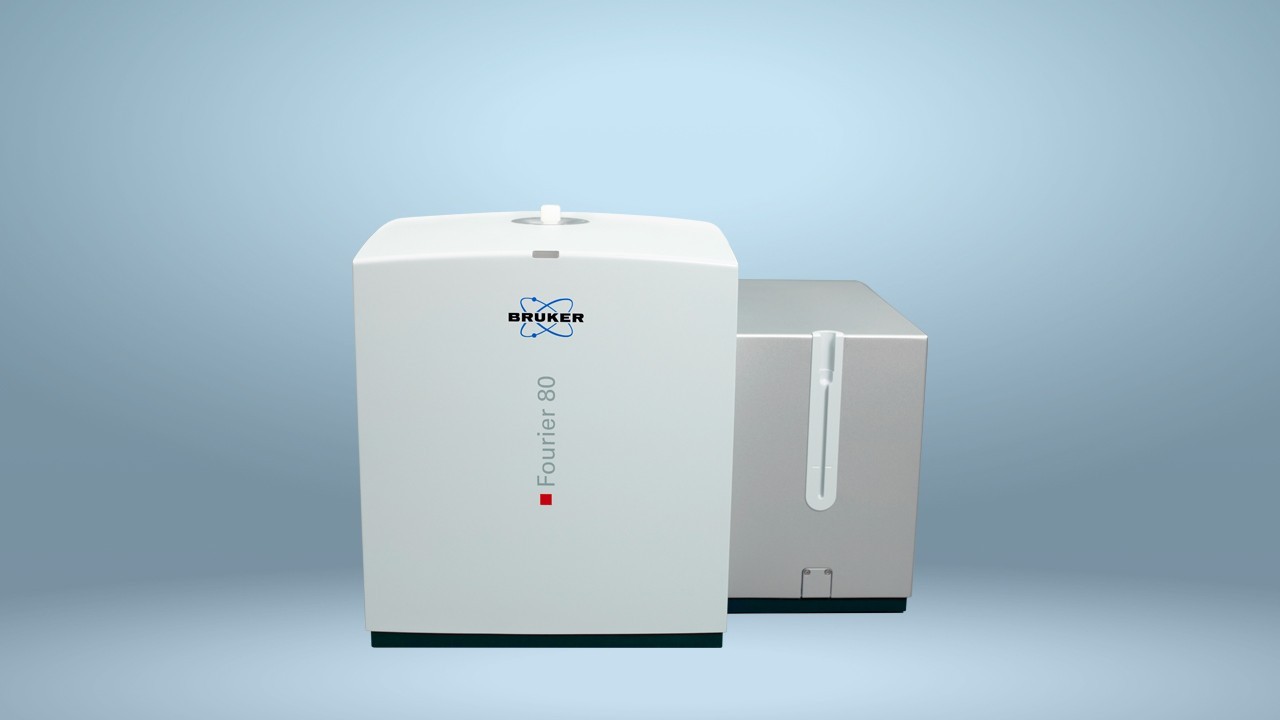
-
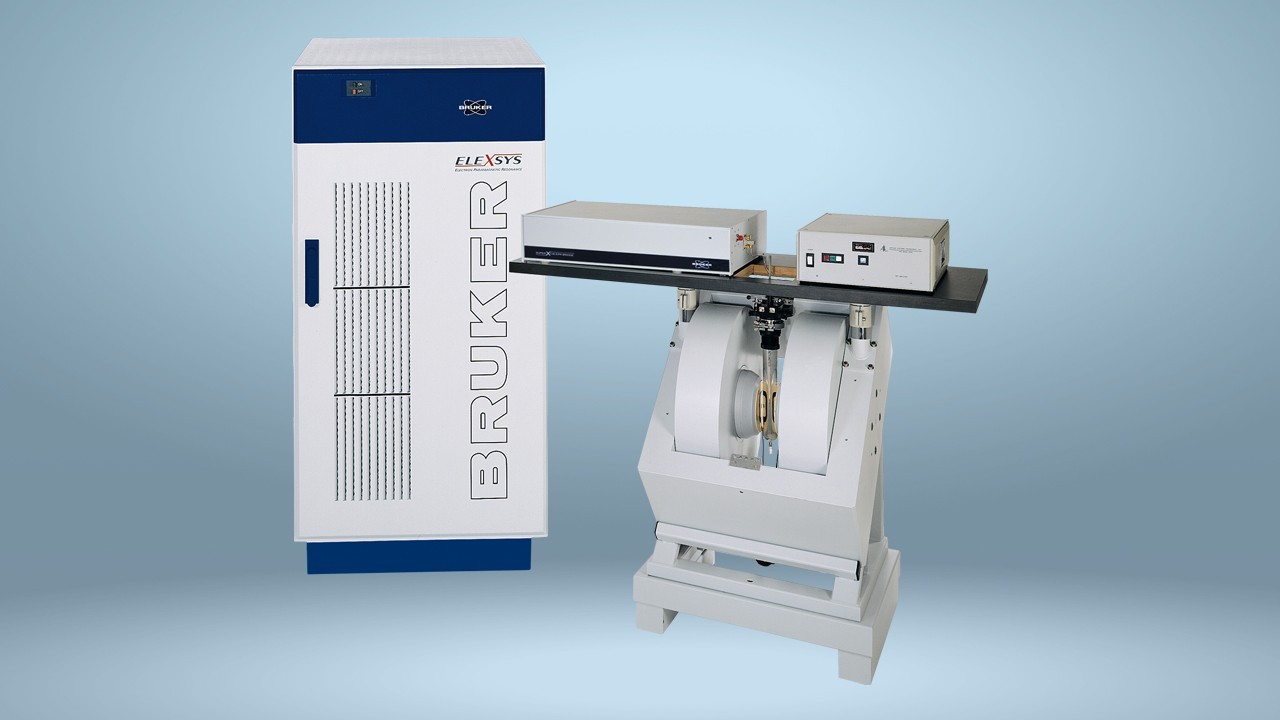
-
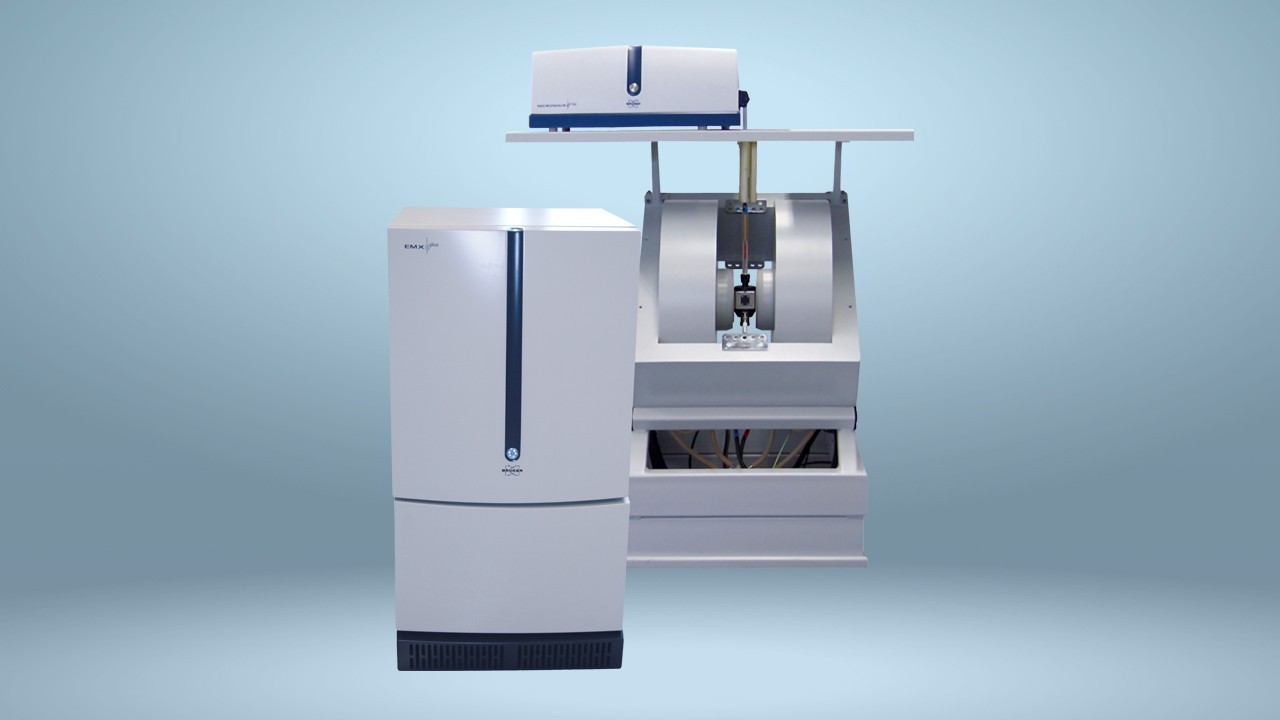
-
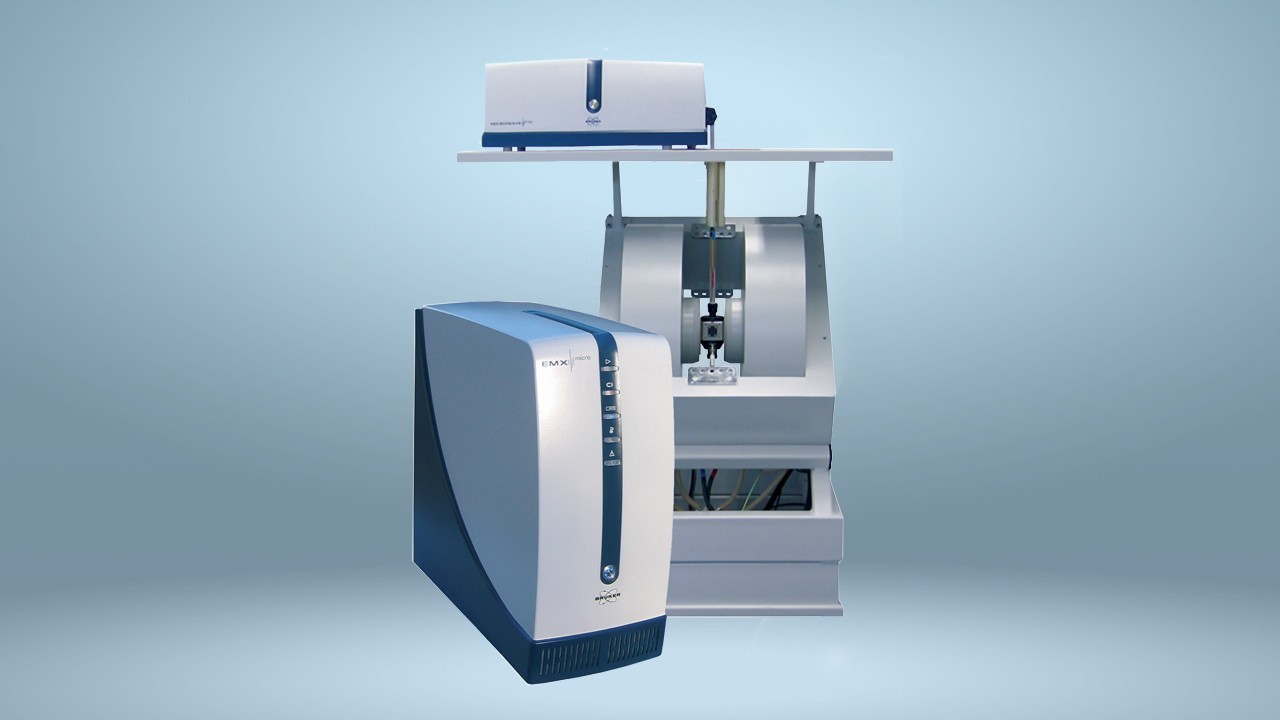
-
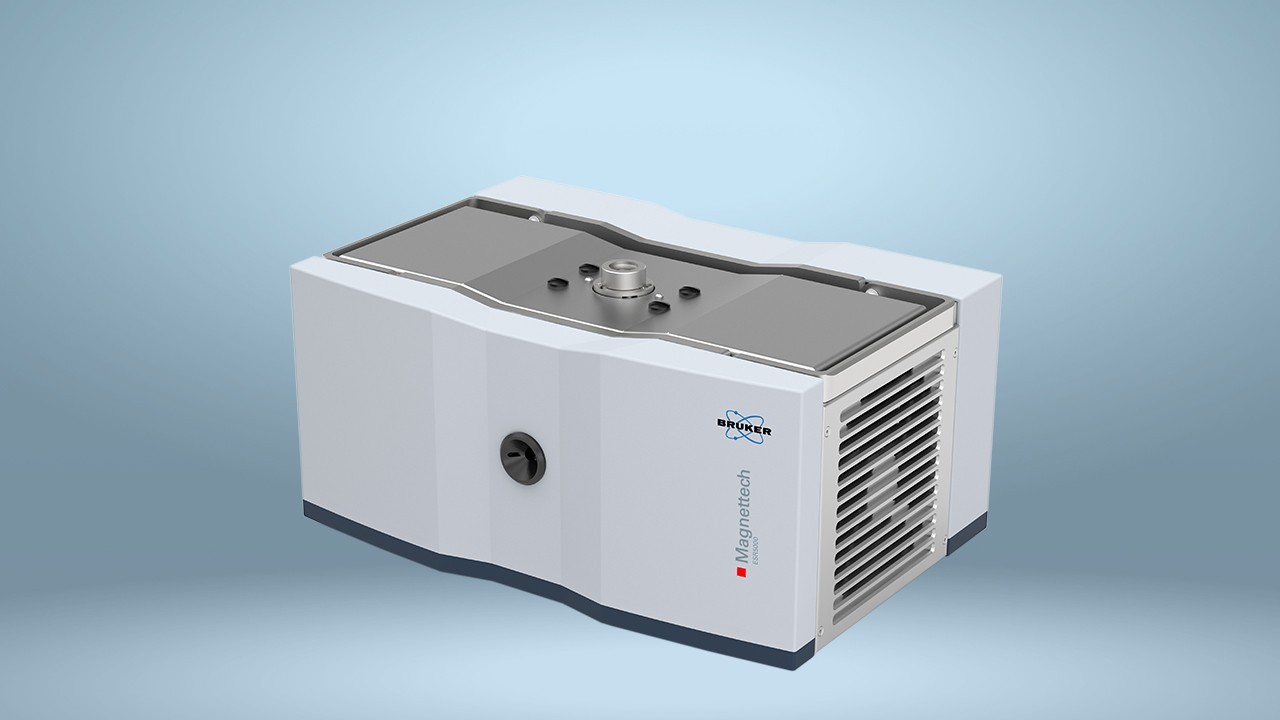
-
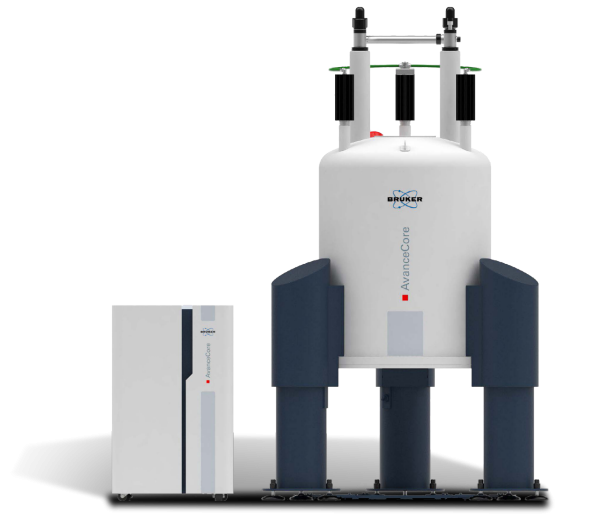
-
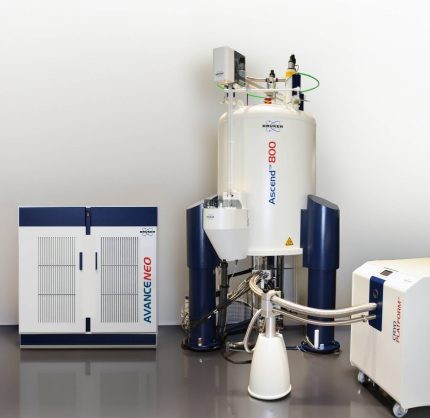
-
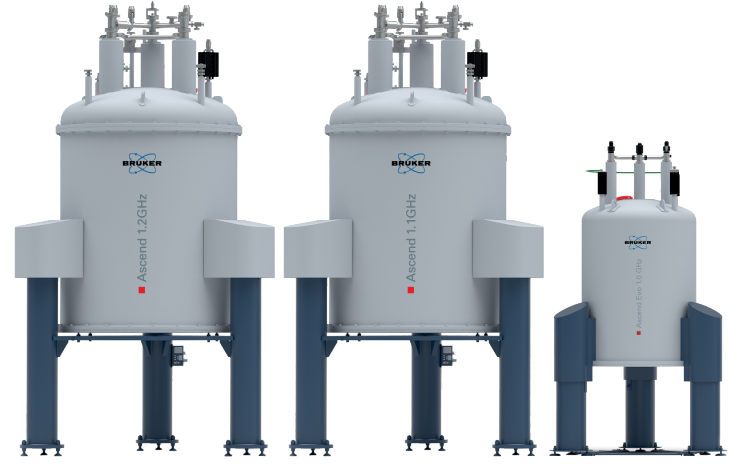
-
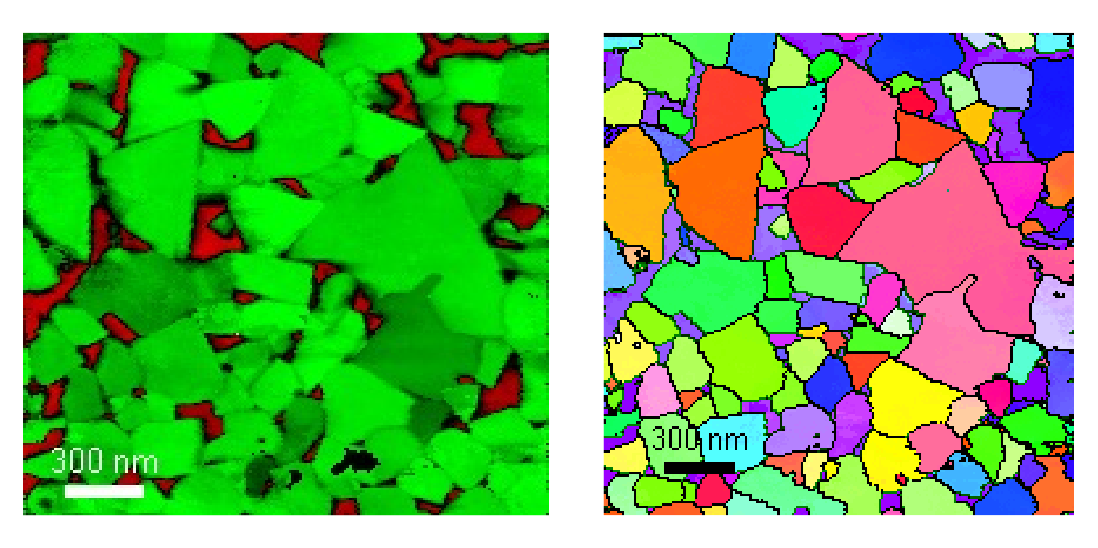
-
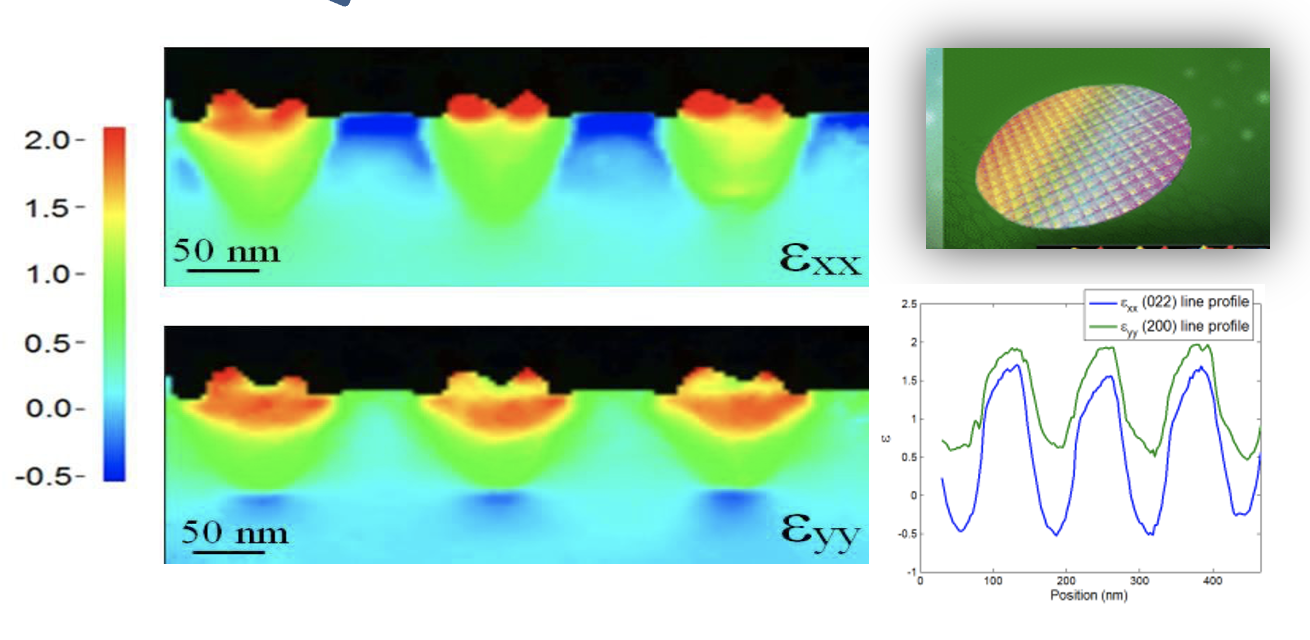
-

-
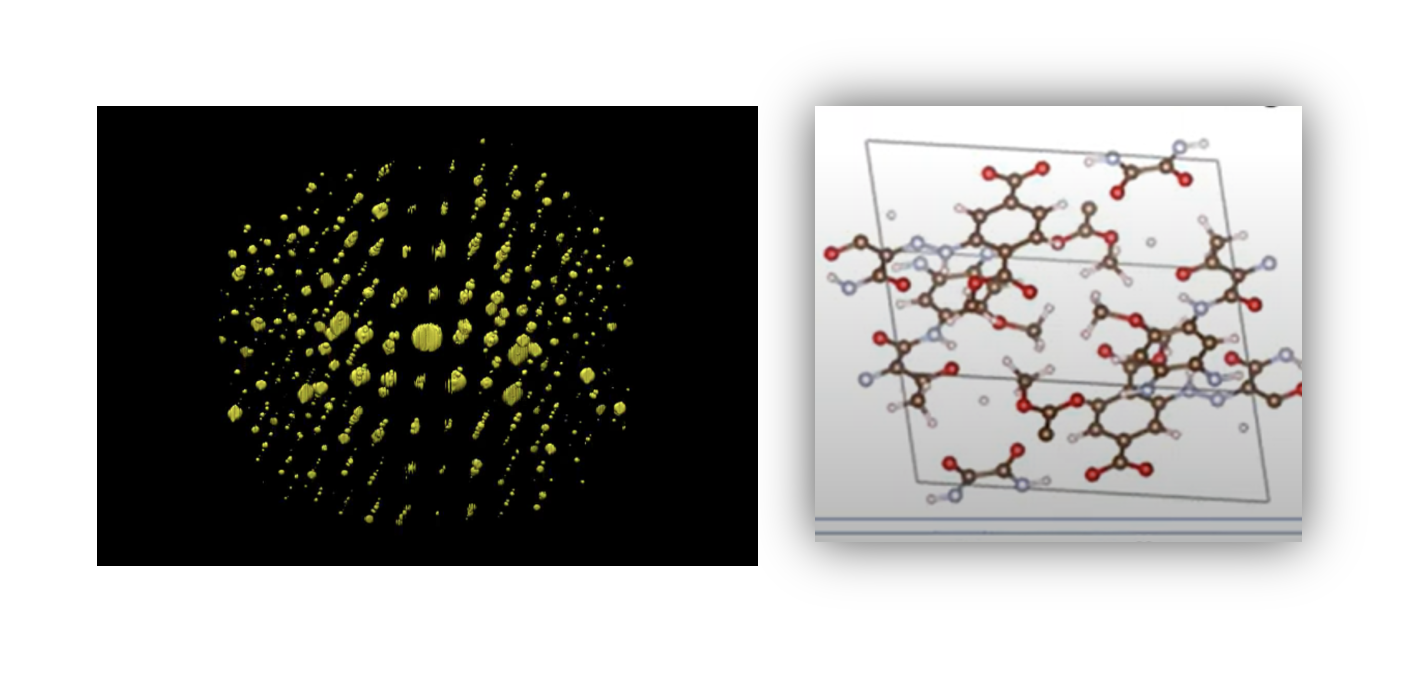
-

-
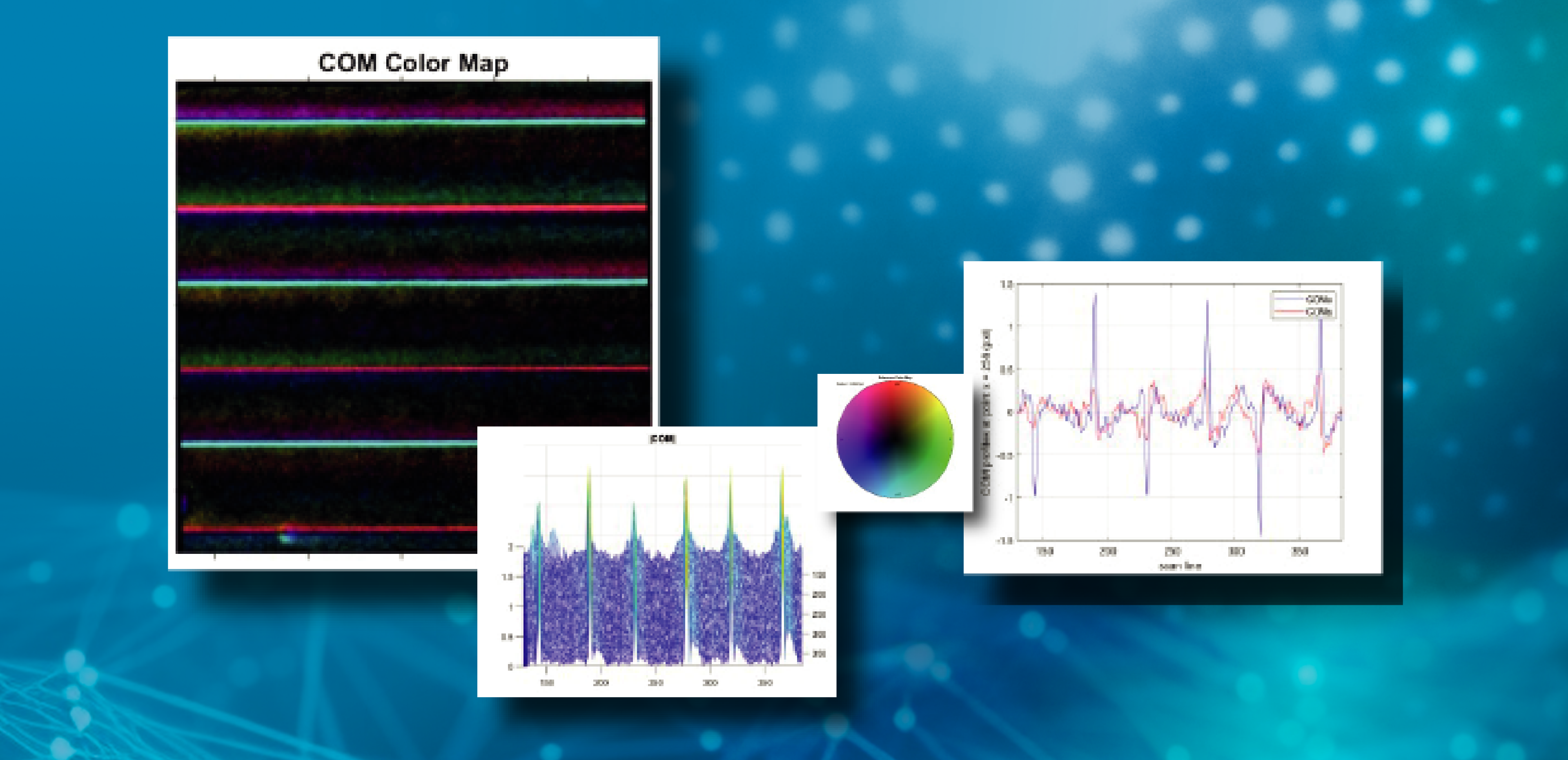
-
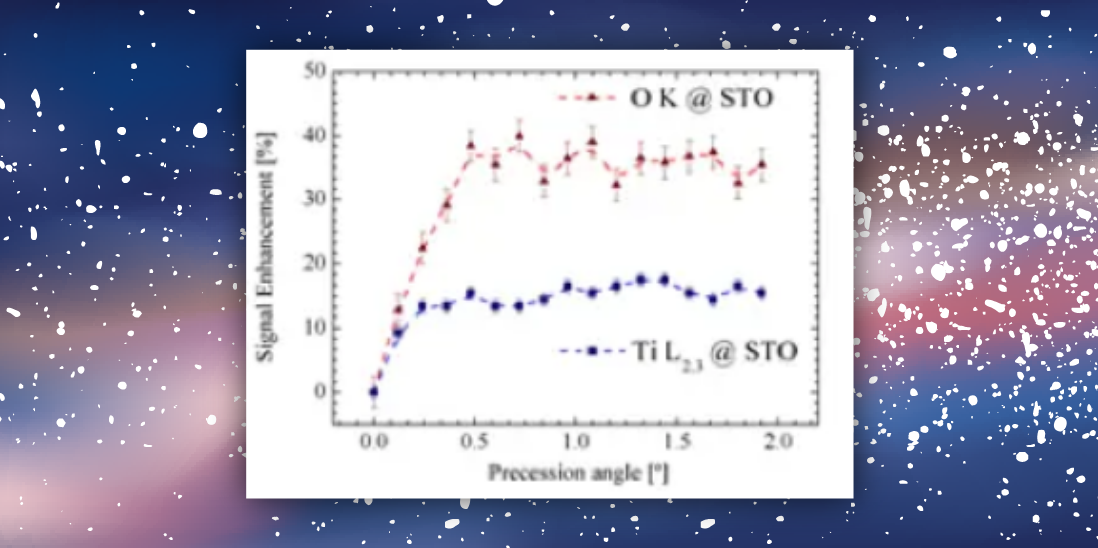
-
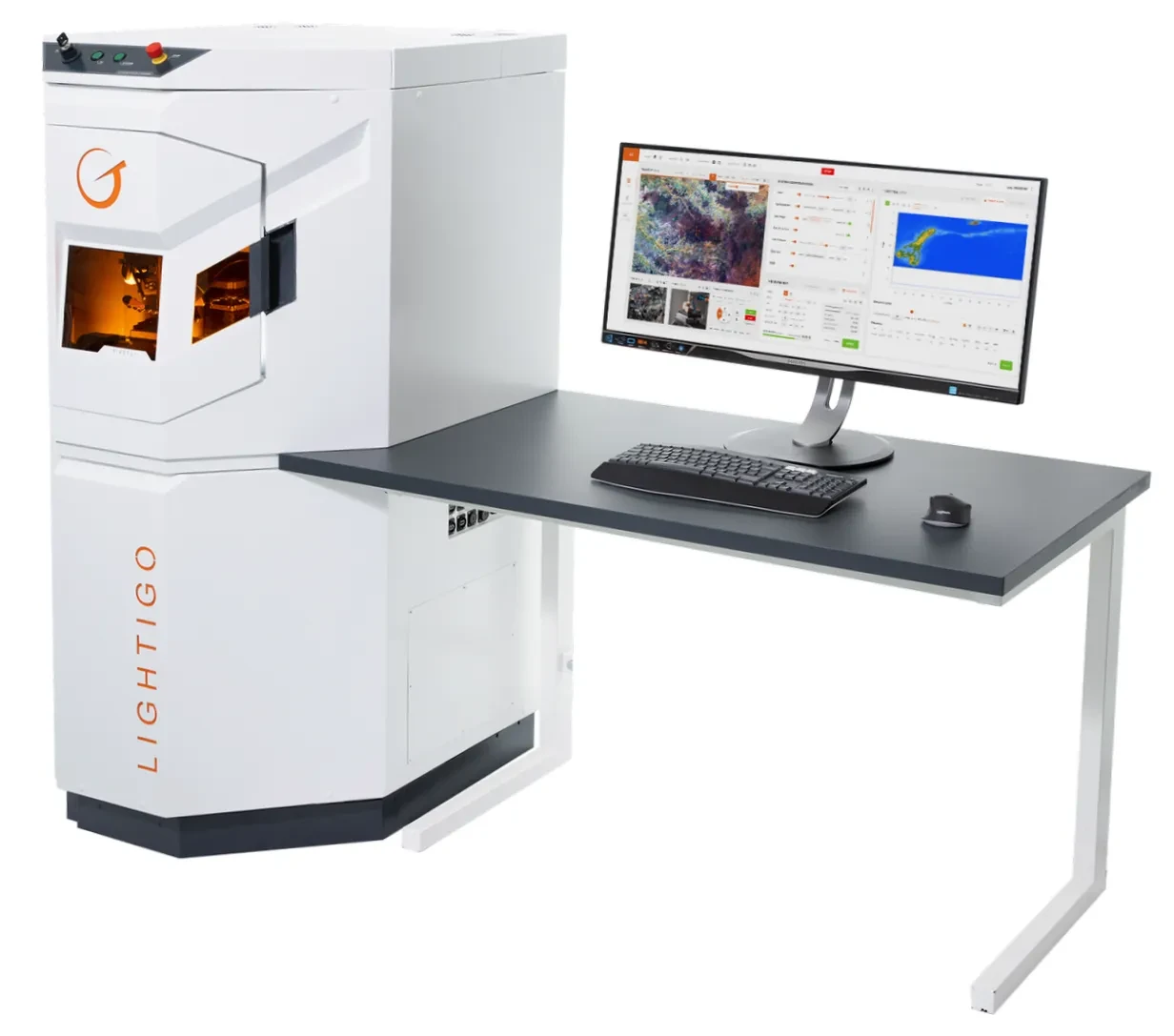
-
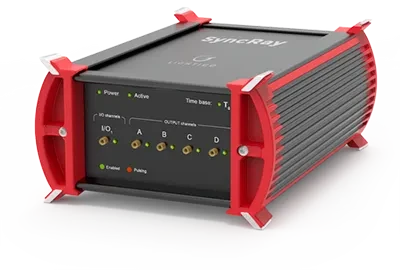
-
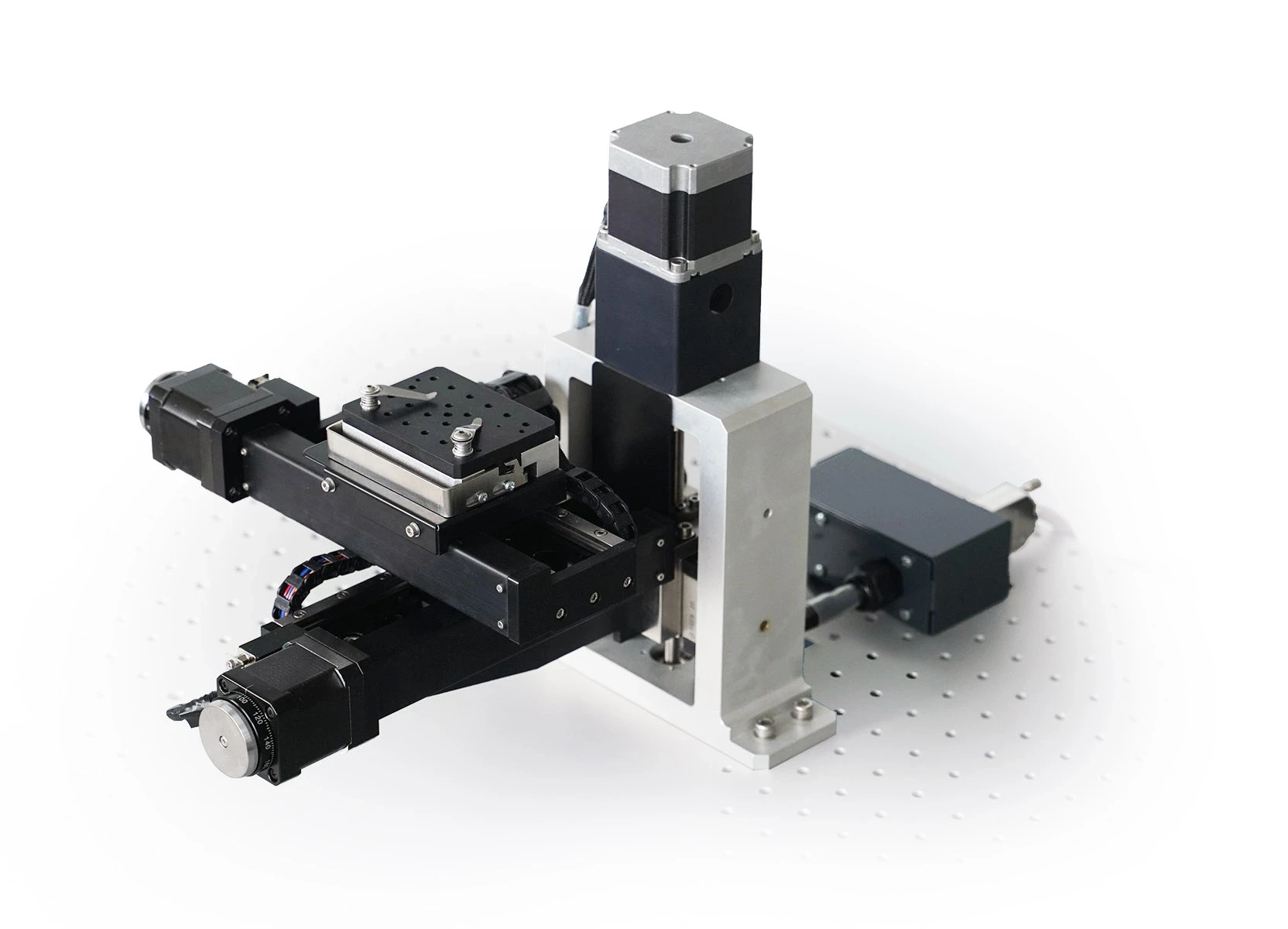
-
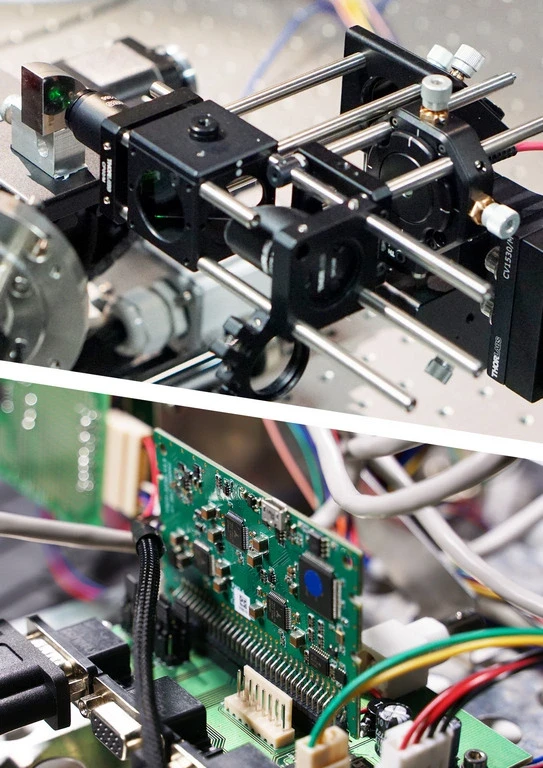
-
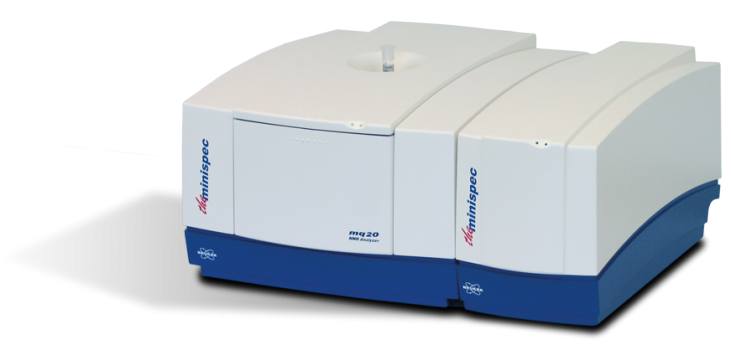
-
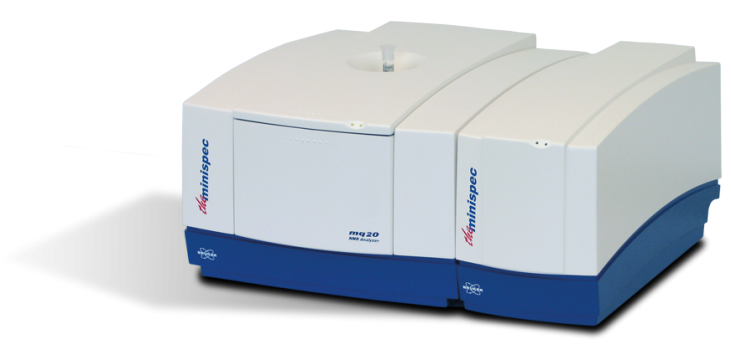
-
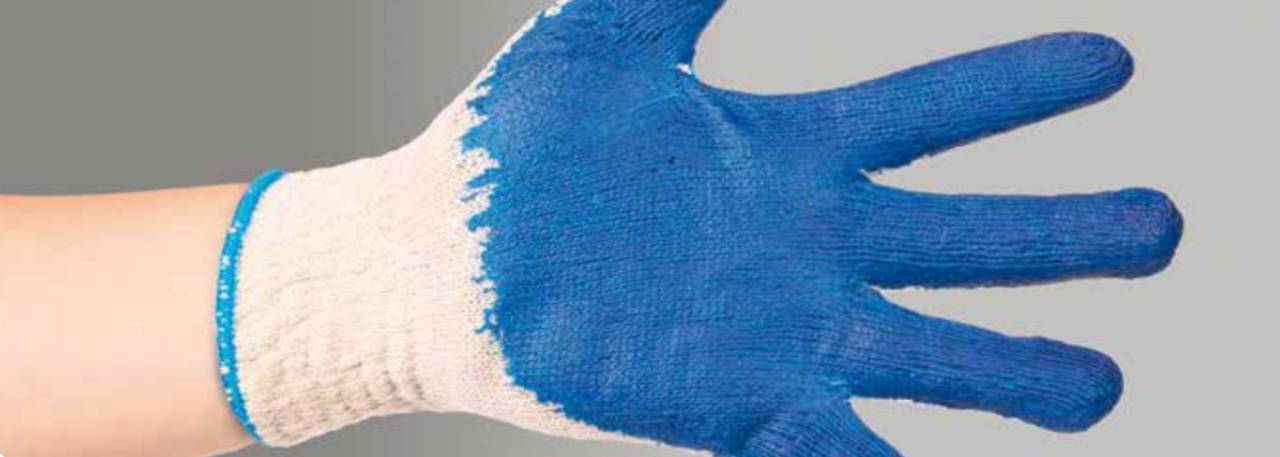
-

-

-
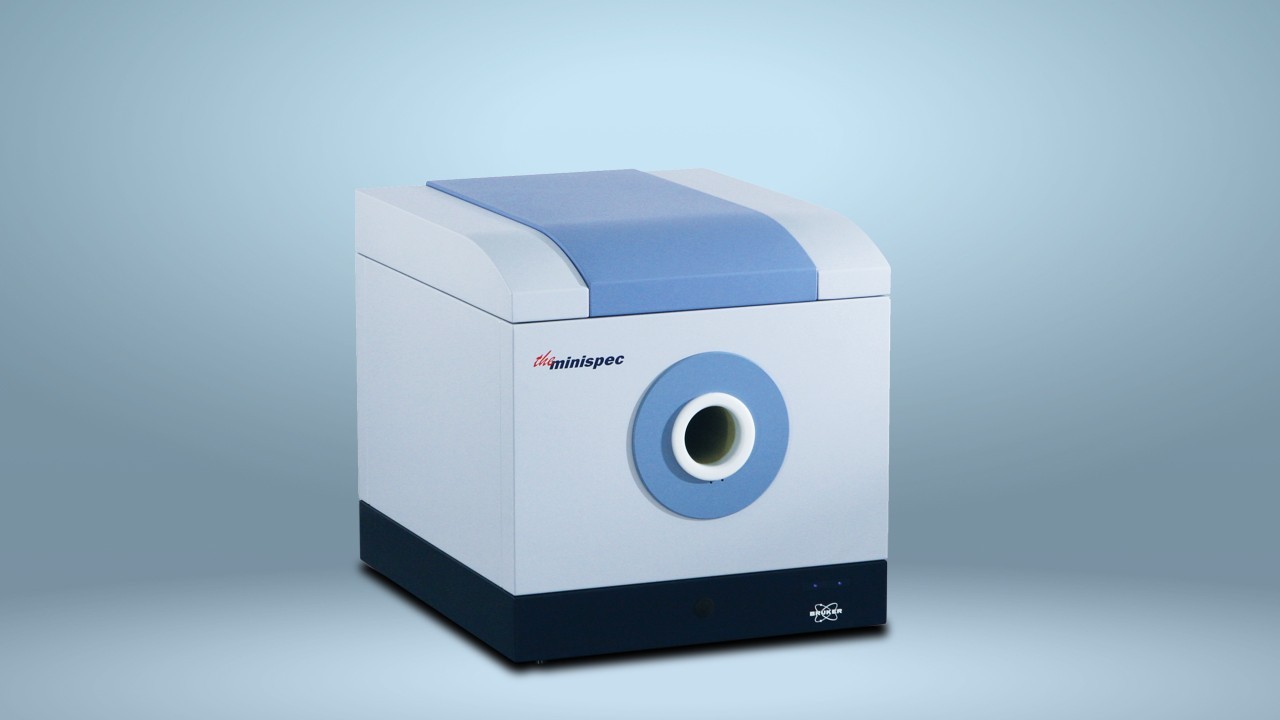
-
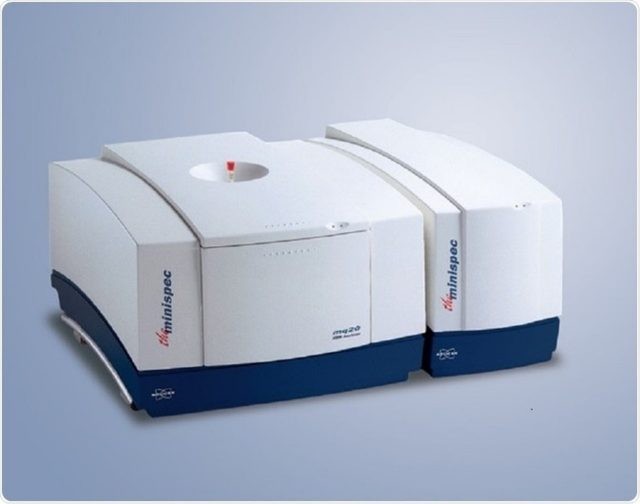
-
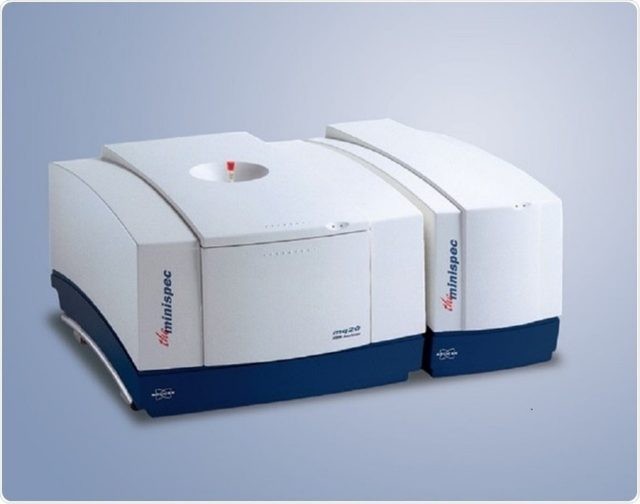
-
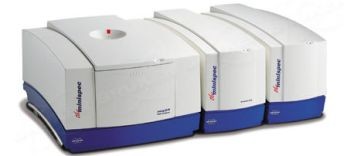
-
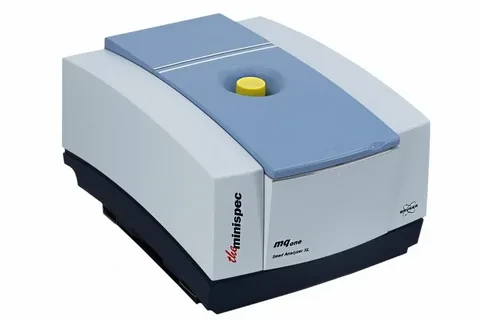
-
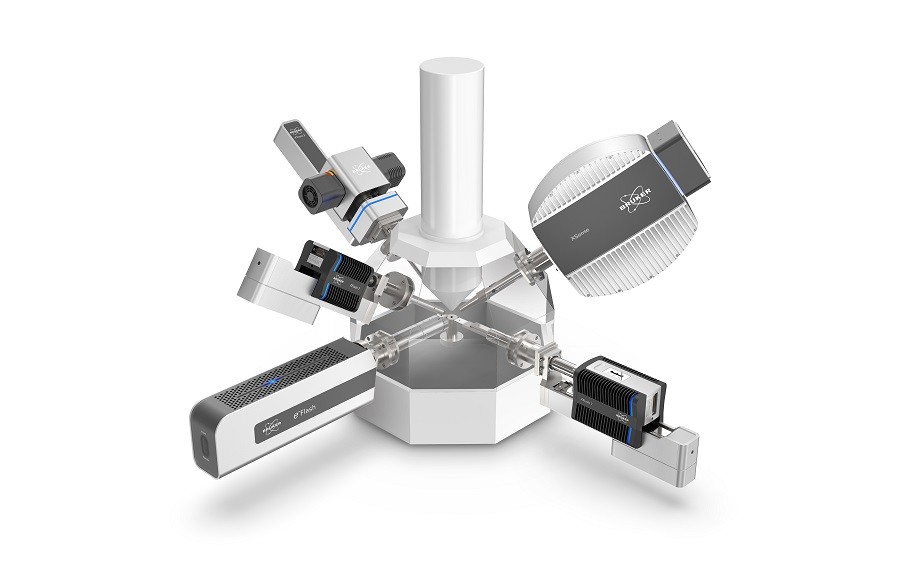
-
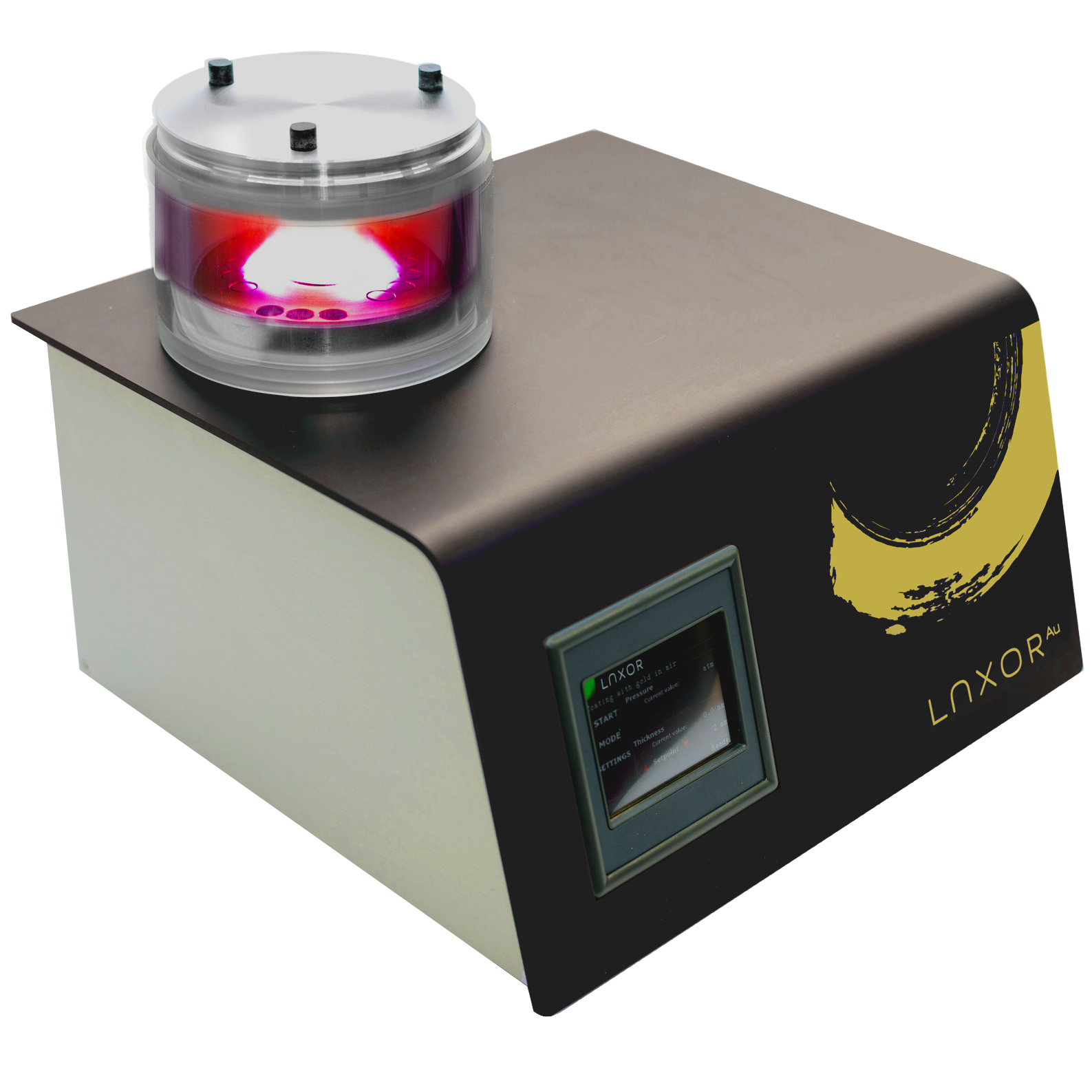
-
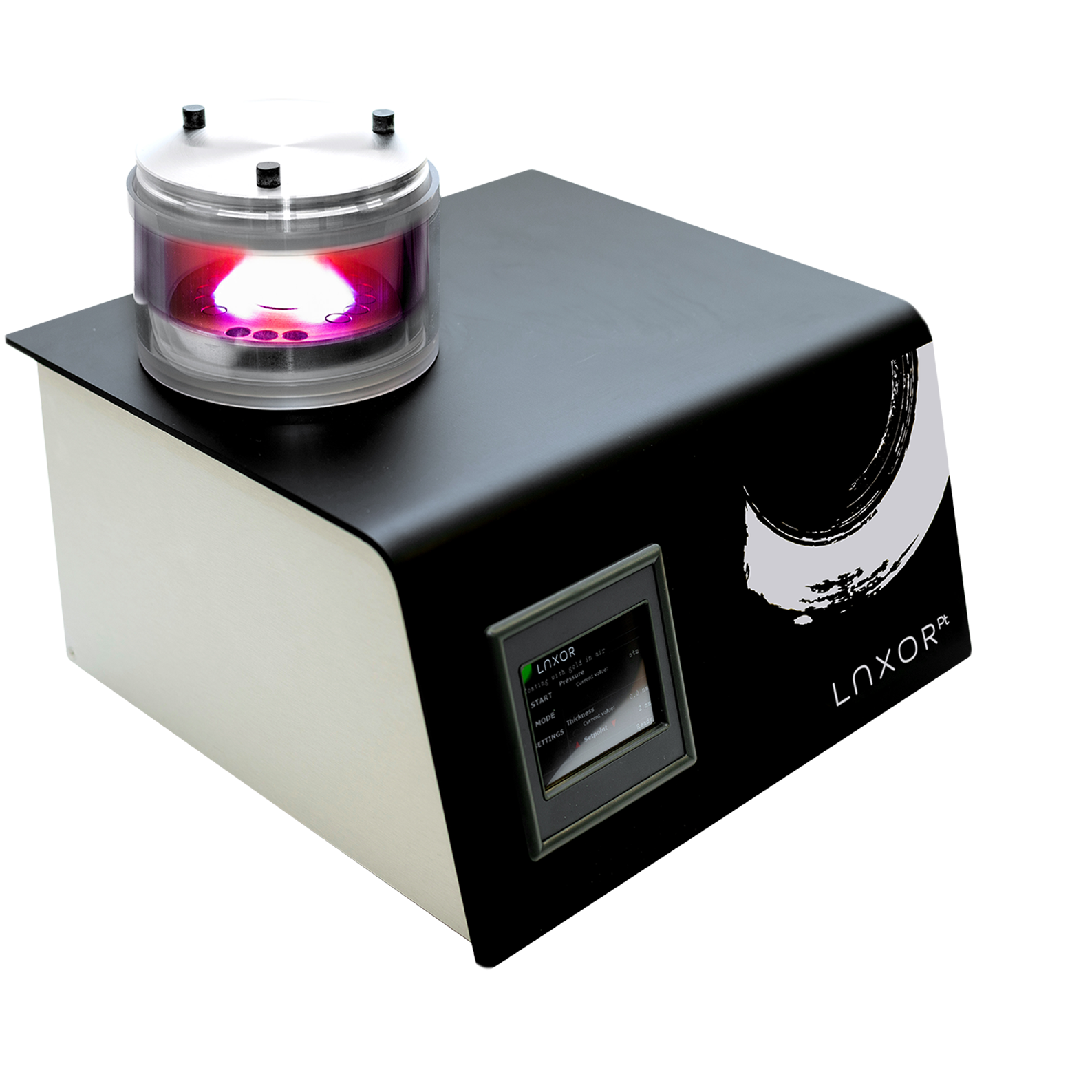
-
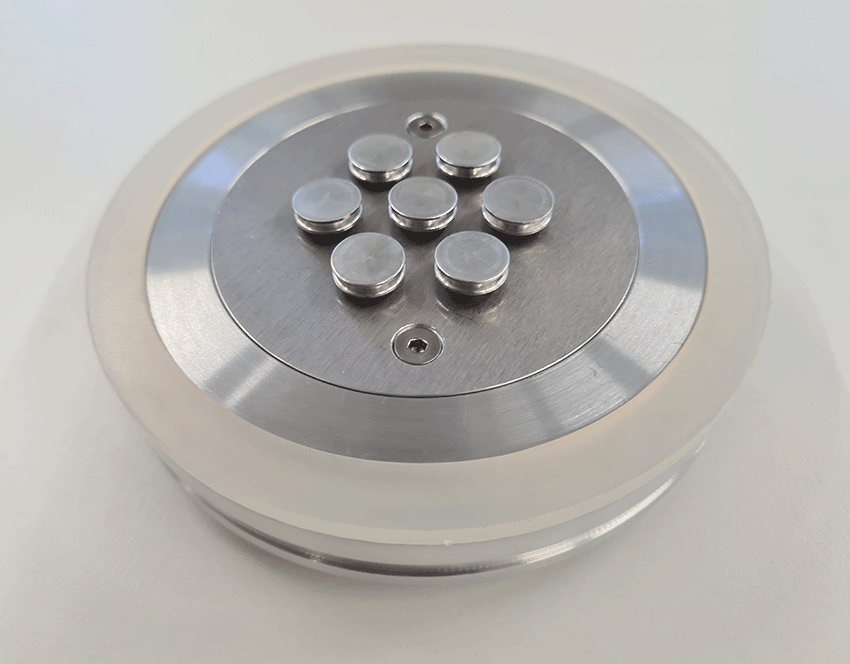
-
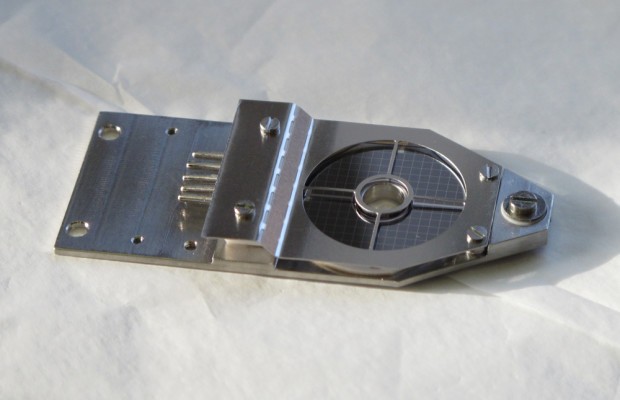
-
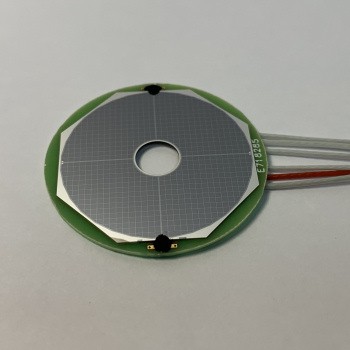
-
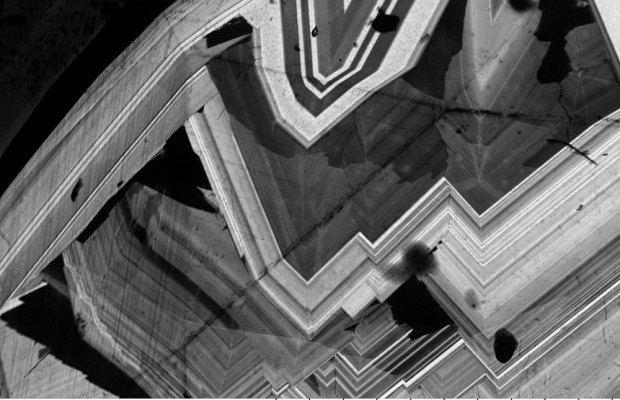
-
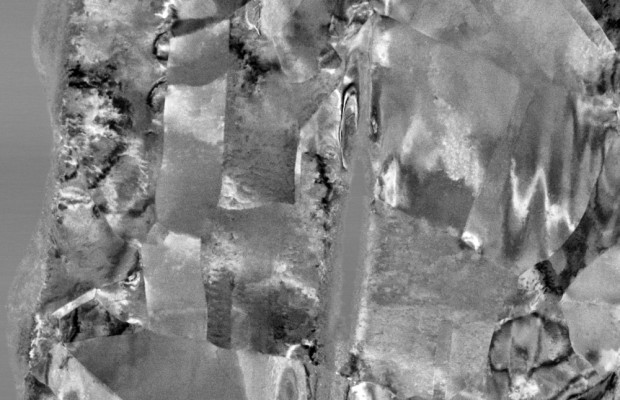
-
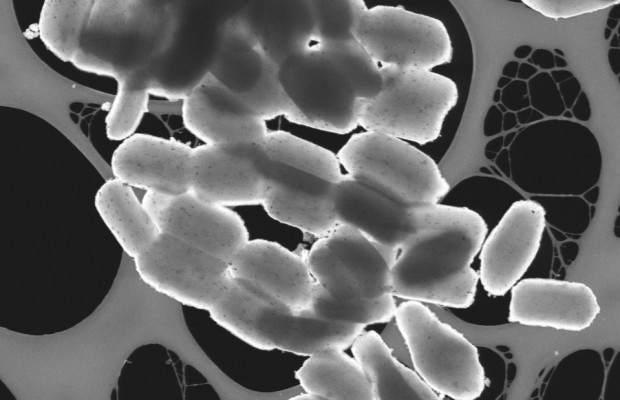
-
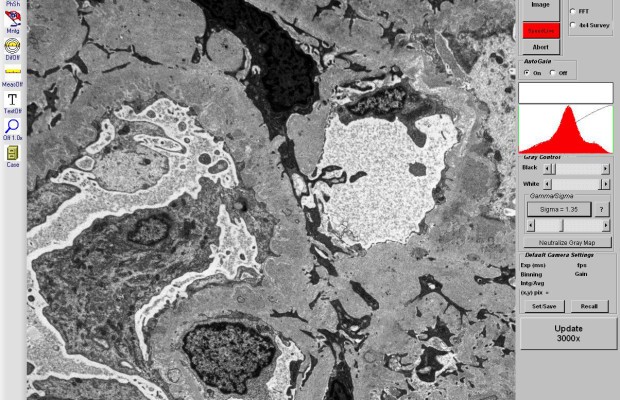
-
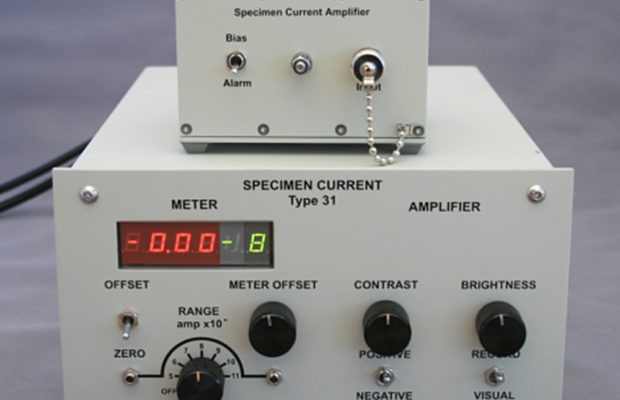
-
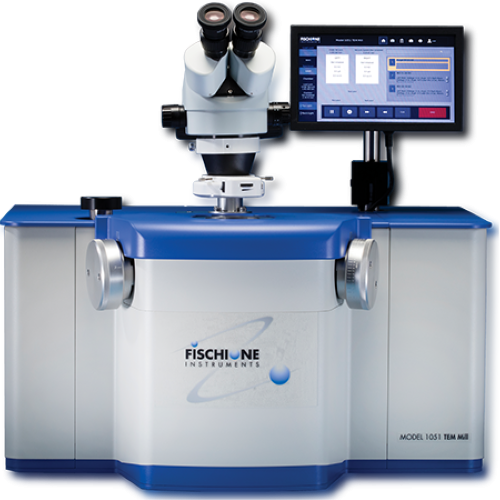
-
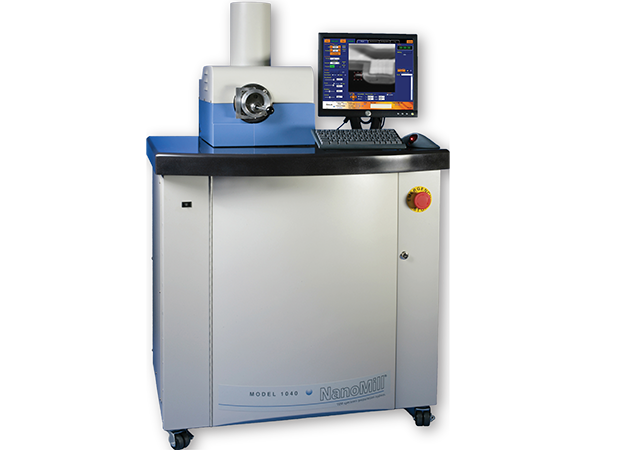
-
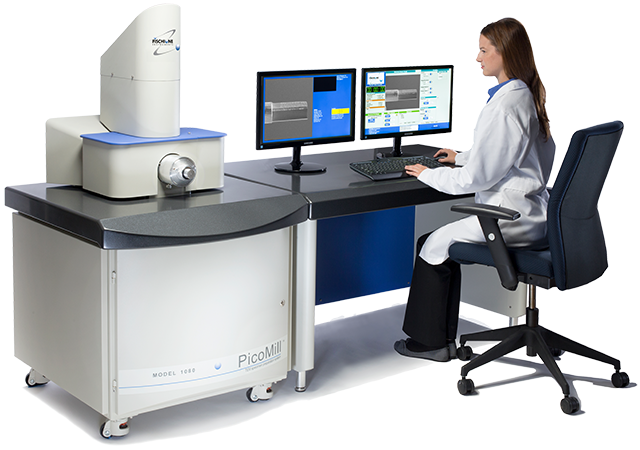
-
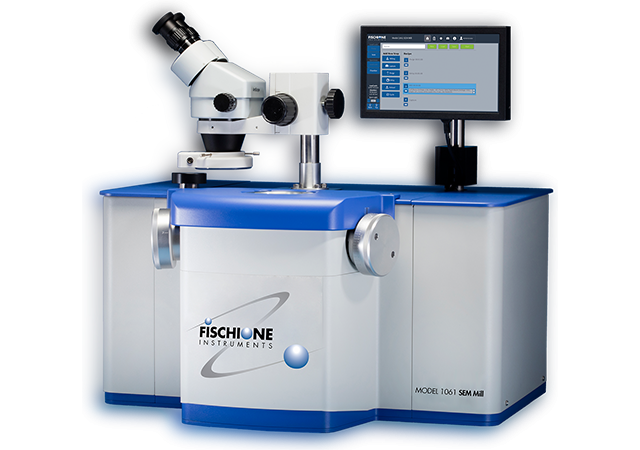
-
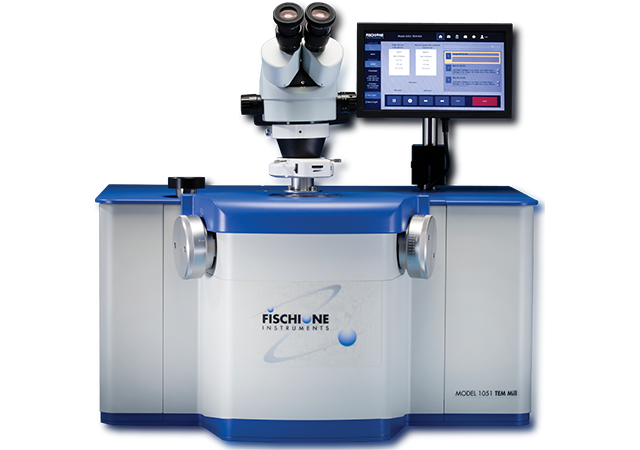
-
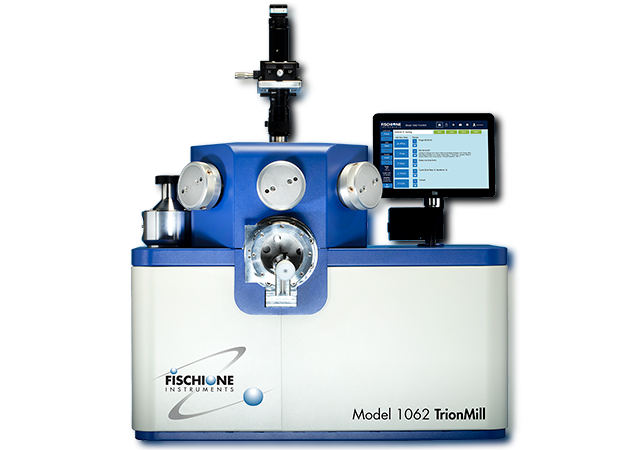
-
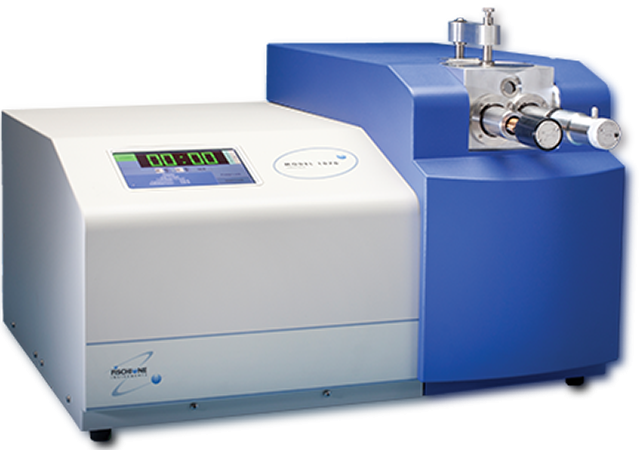
-
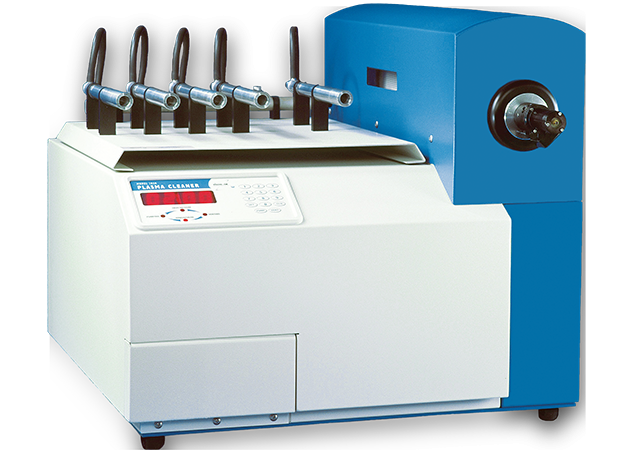
-
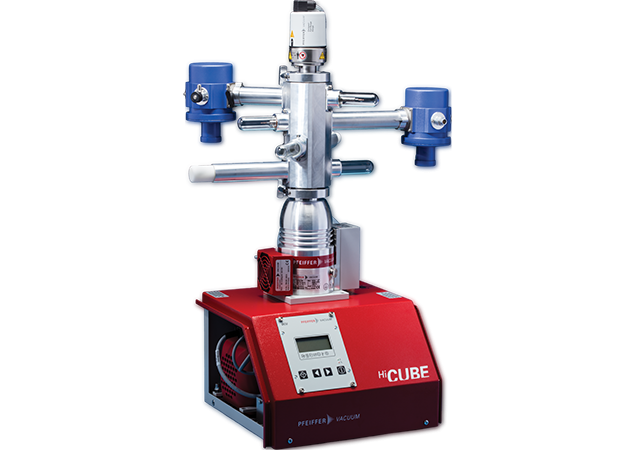
-
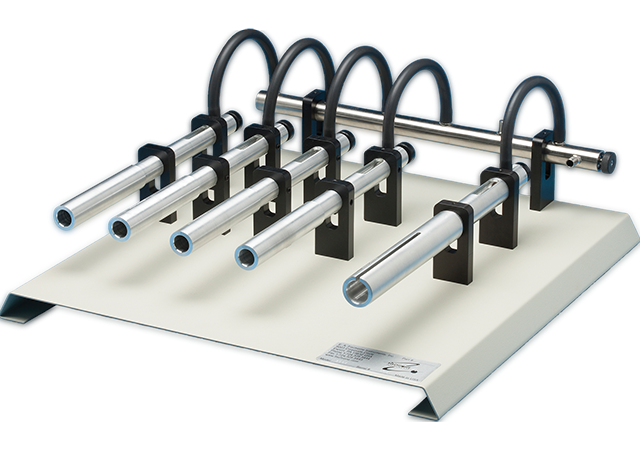
-
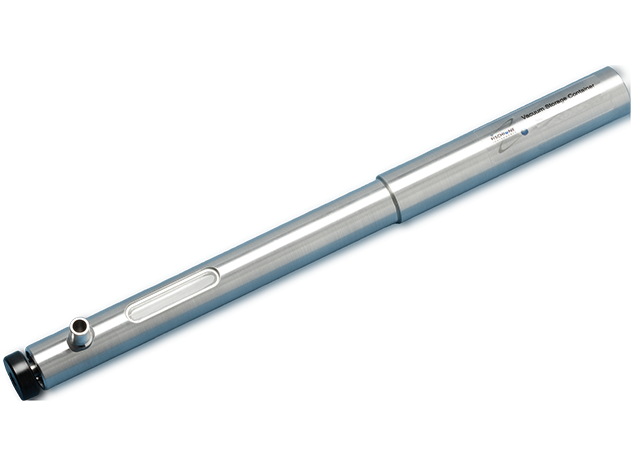
-
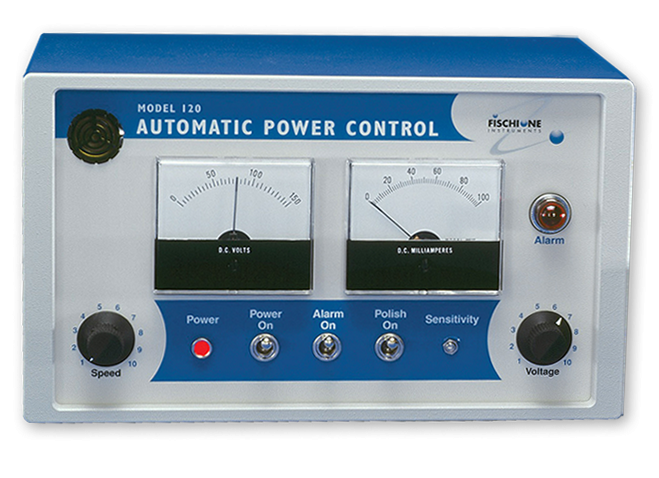
-
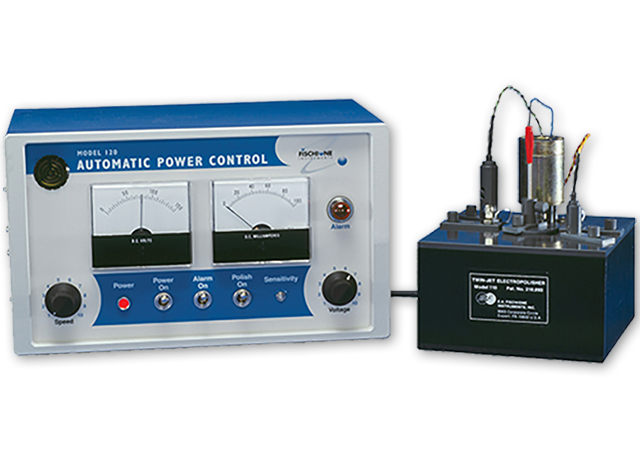
-
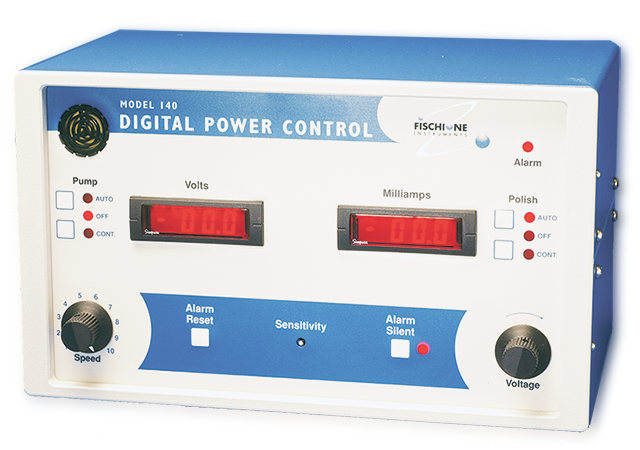
-
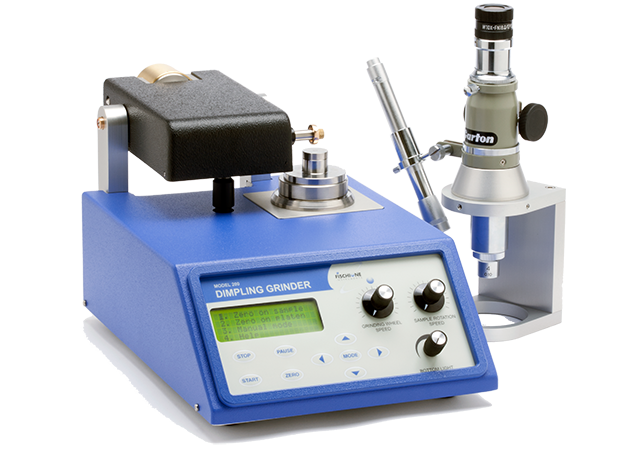
-
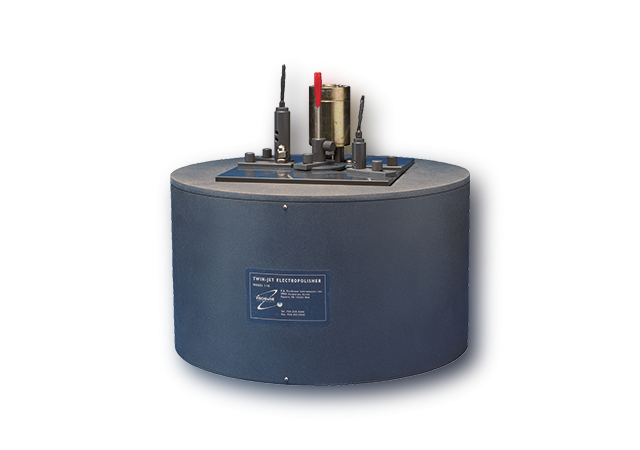
-
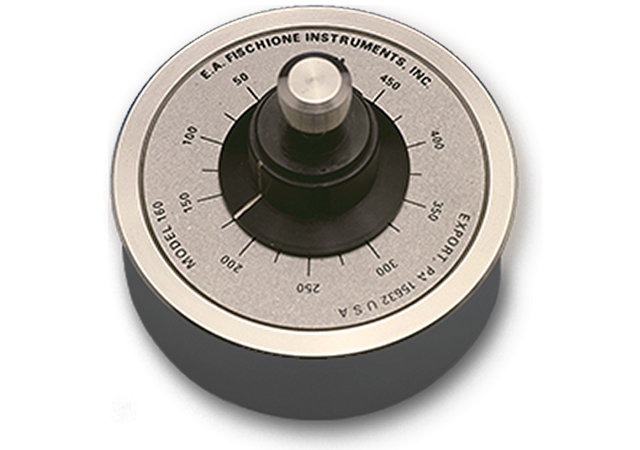
-
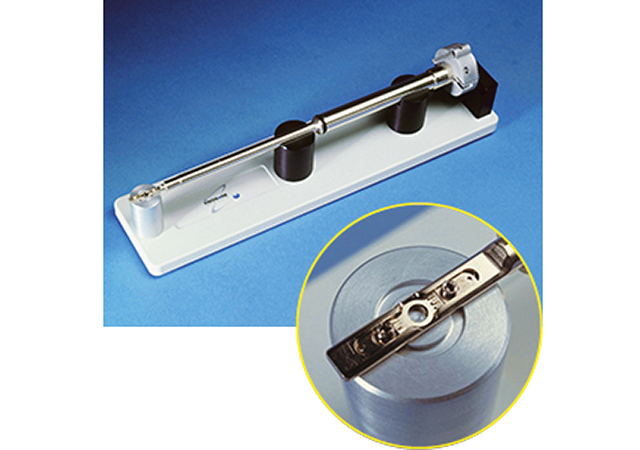
-
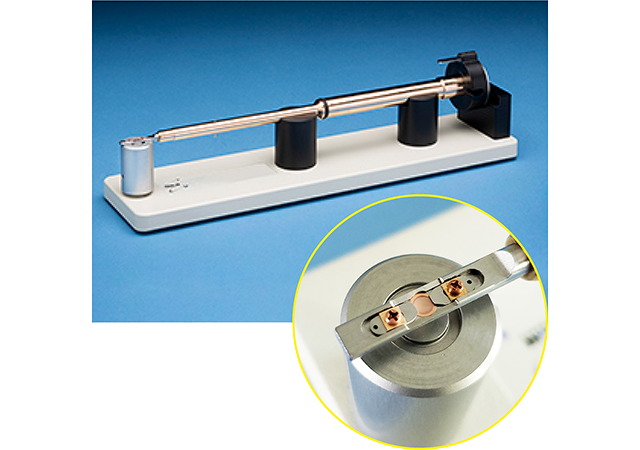
-
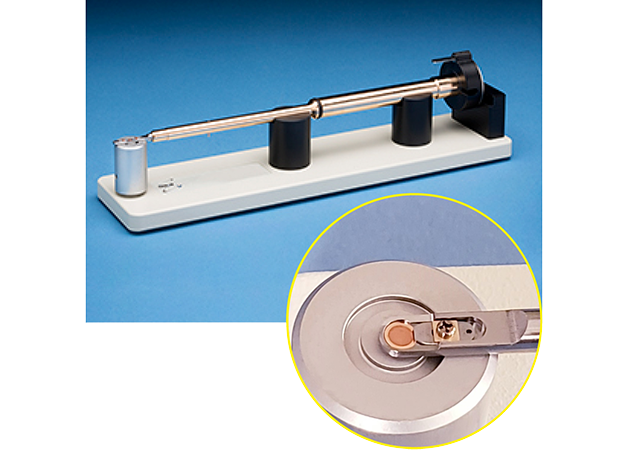
-
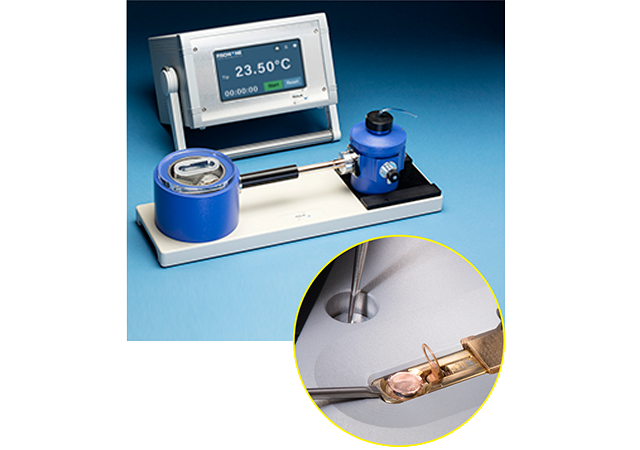
-
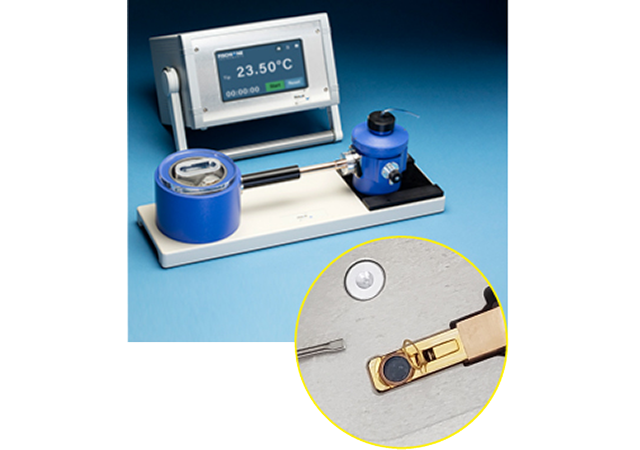
-
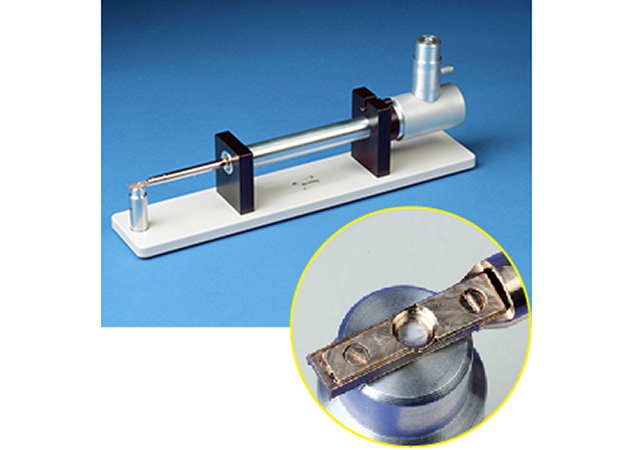
-
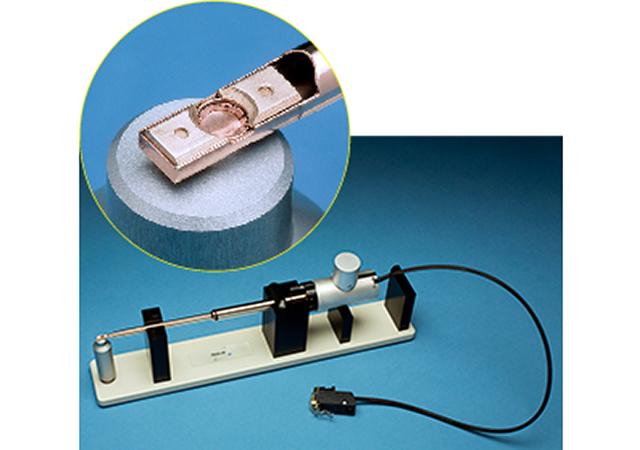
-
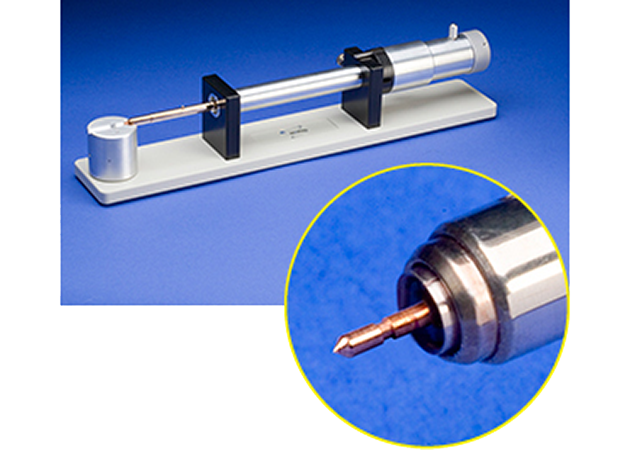
-
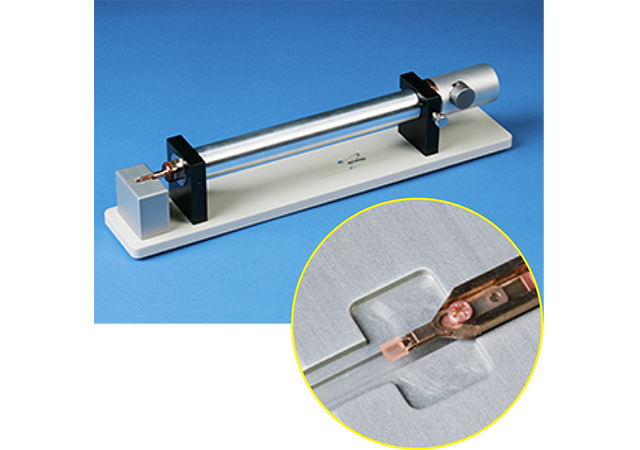
-
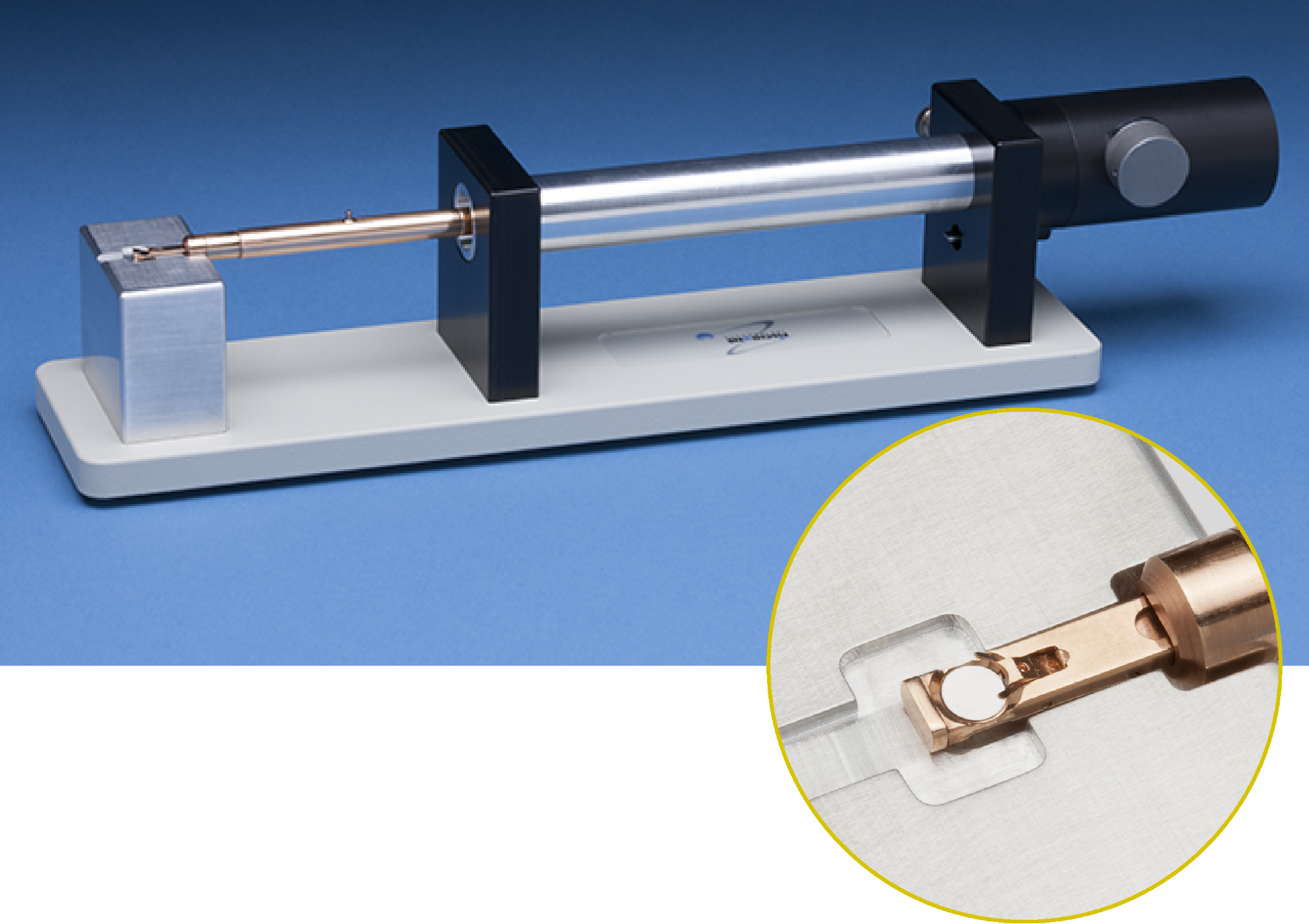
-
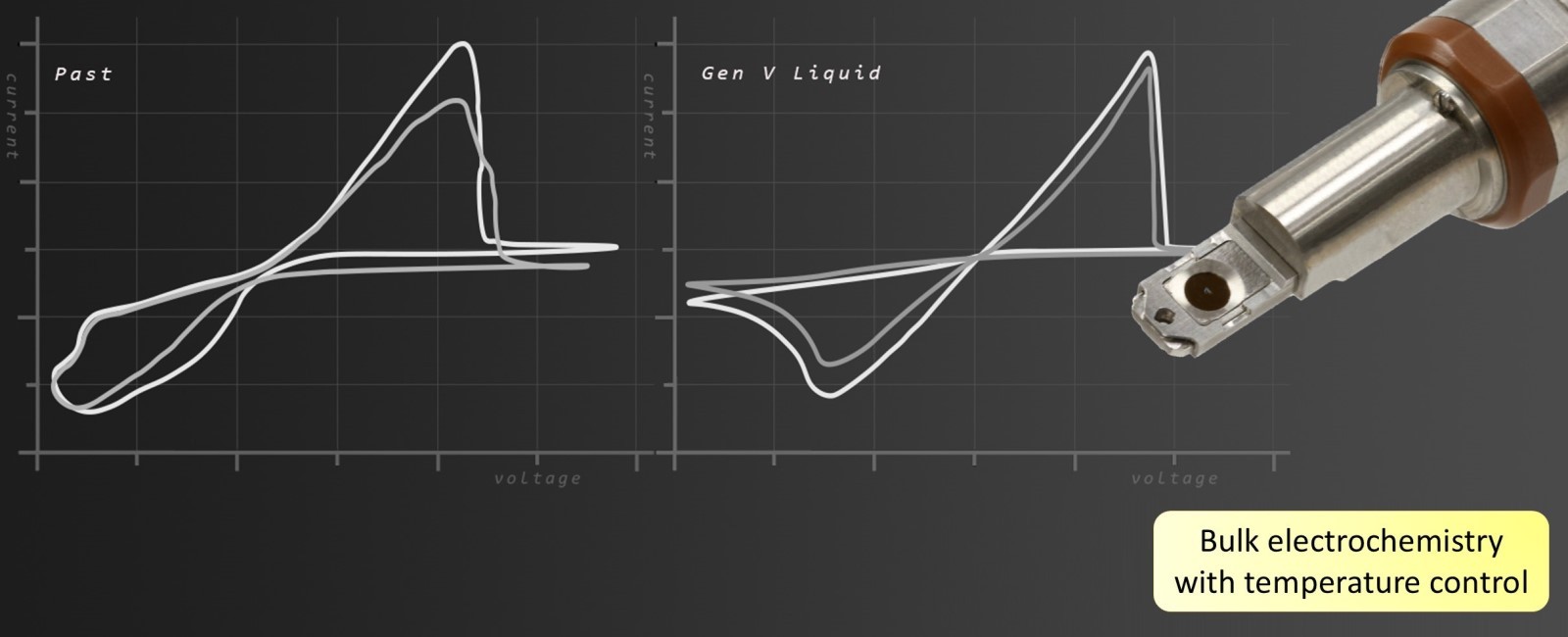
-
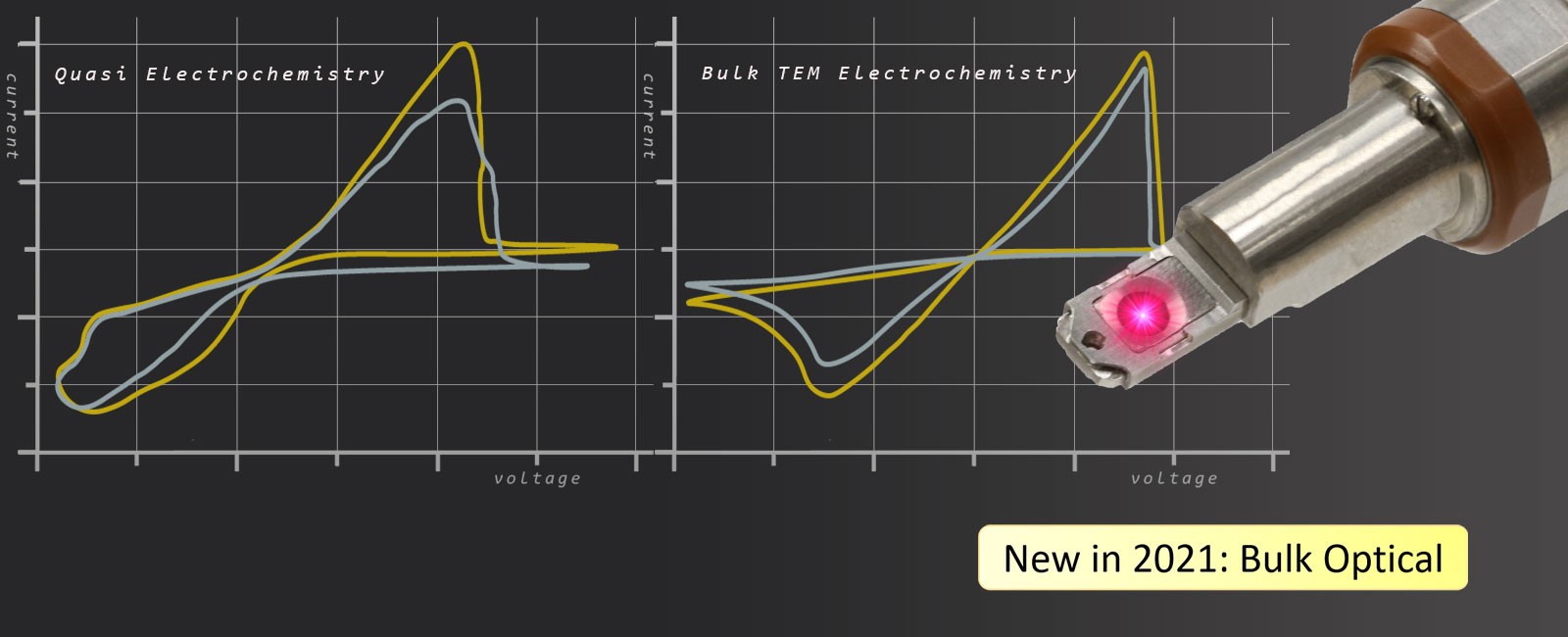
-
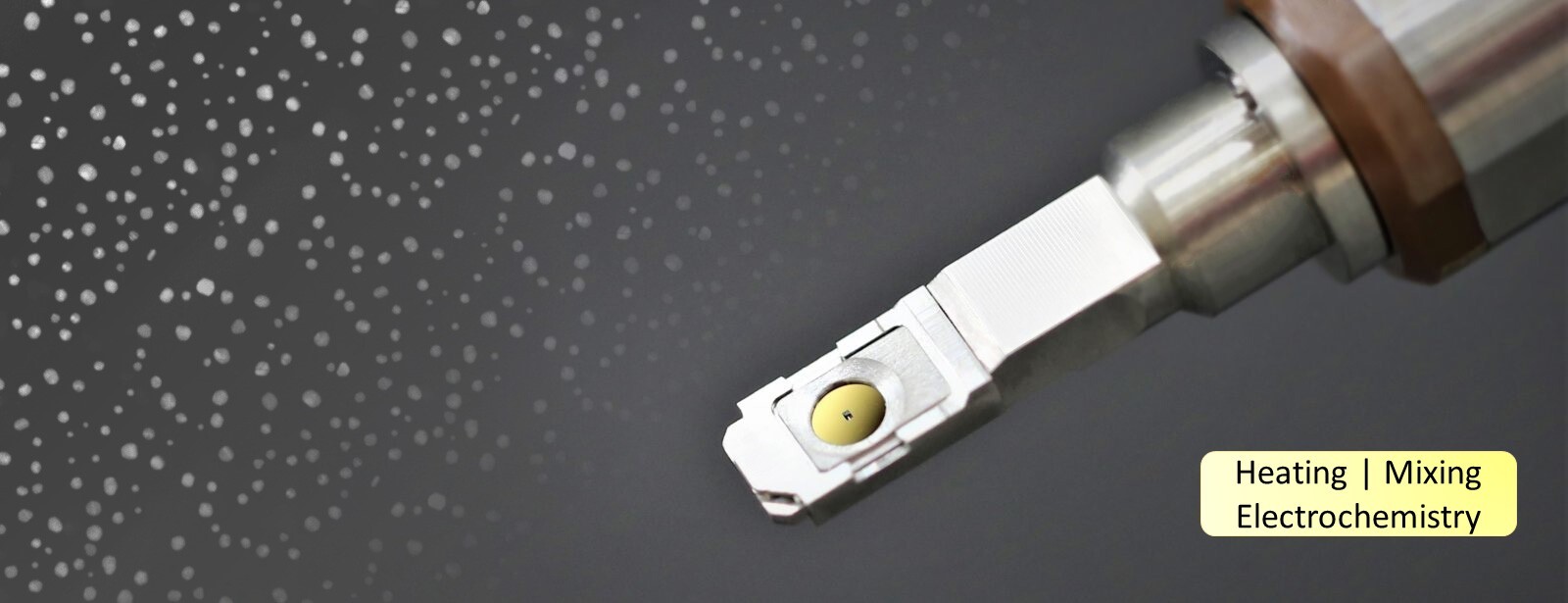
-
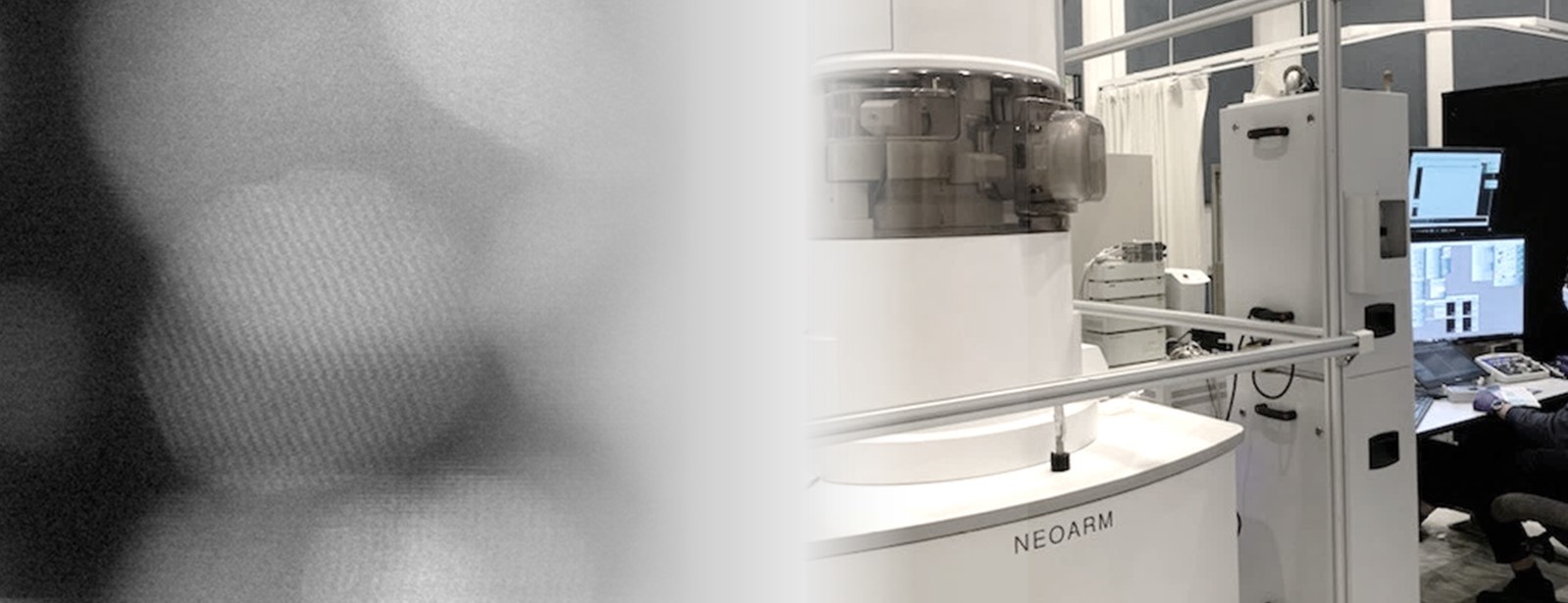
-
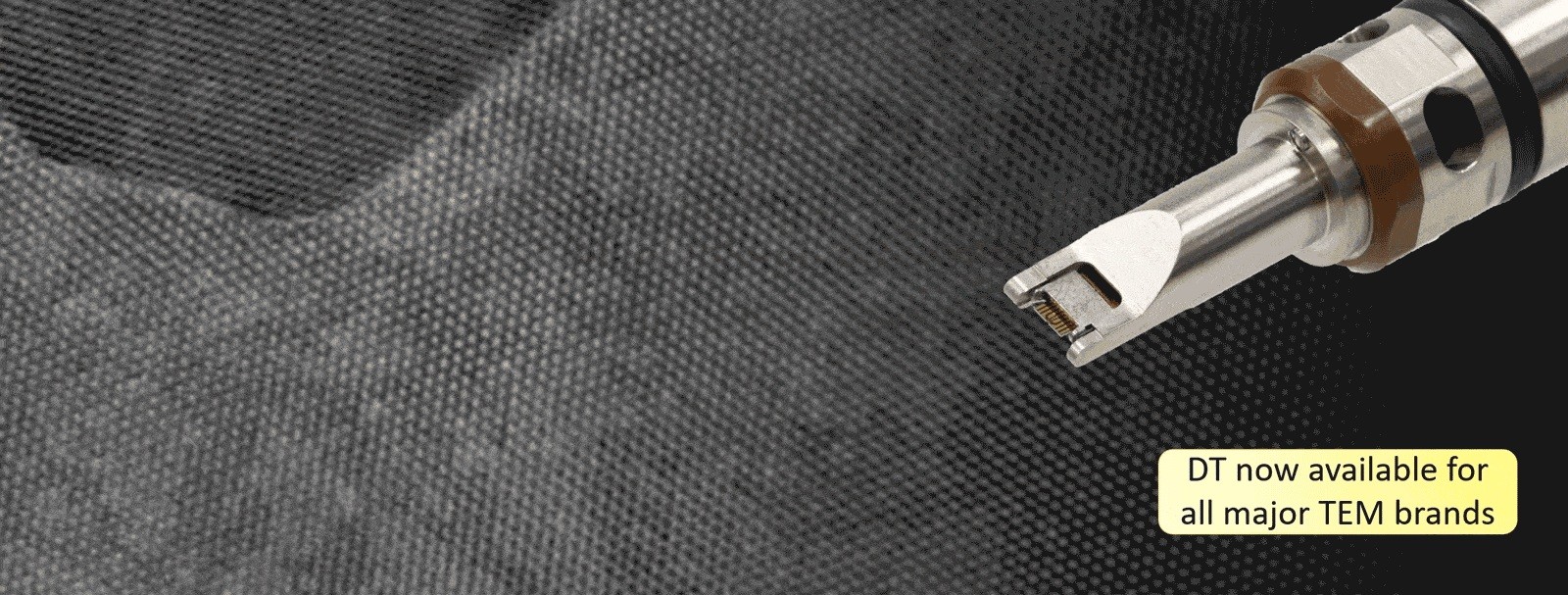
-
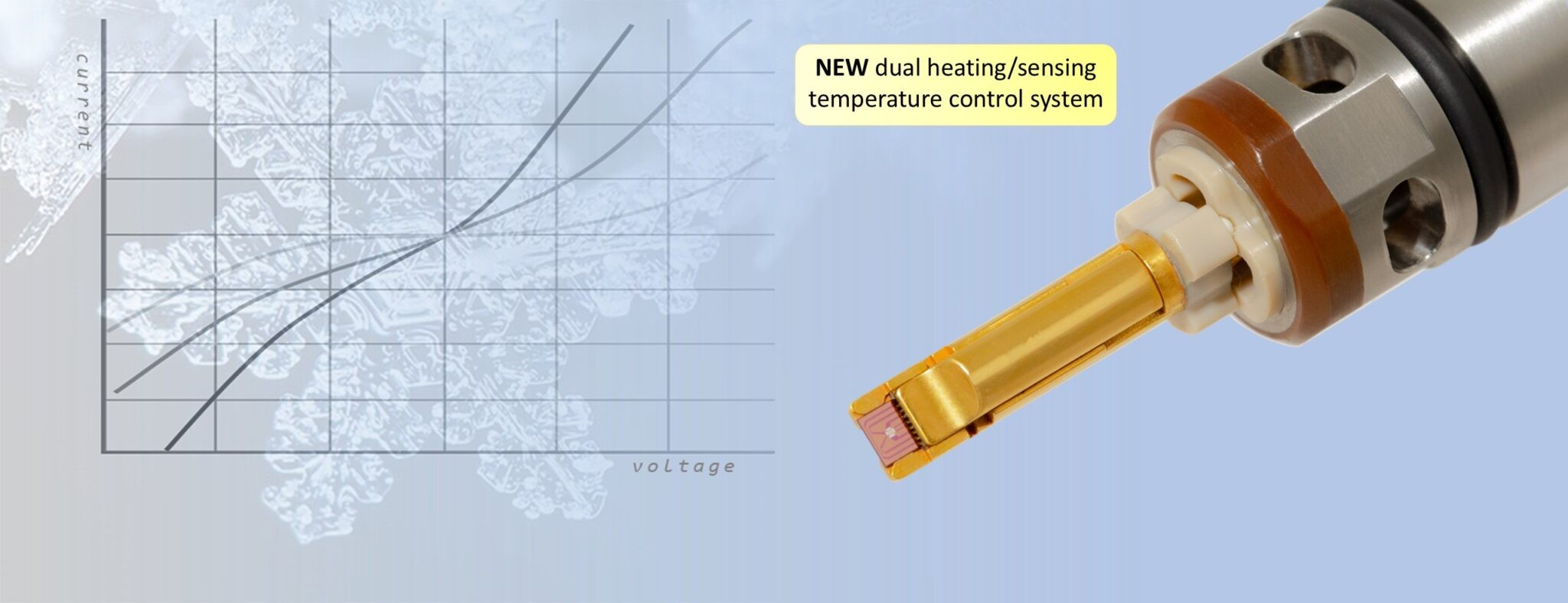
-
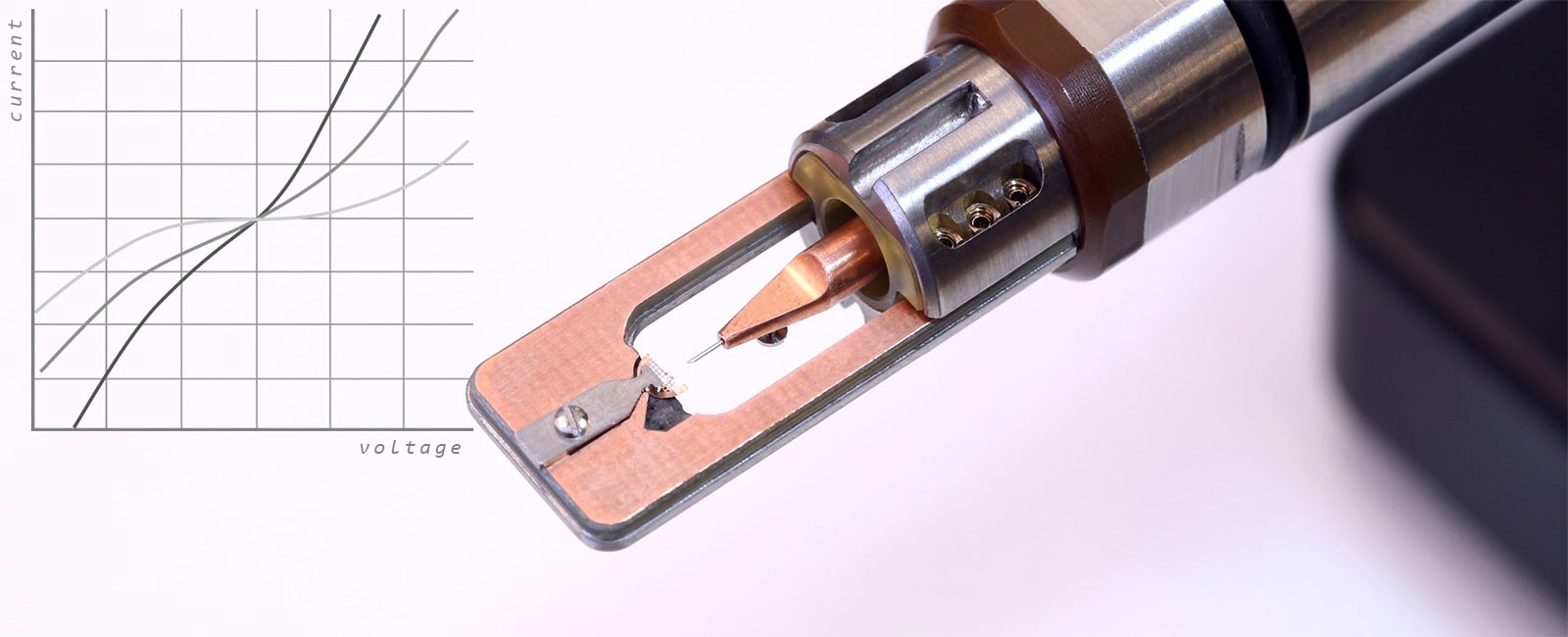
-
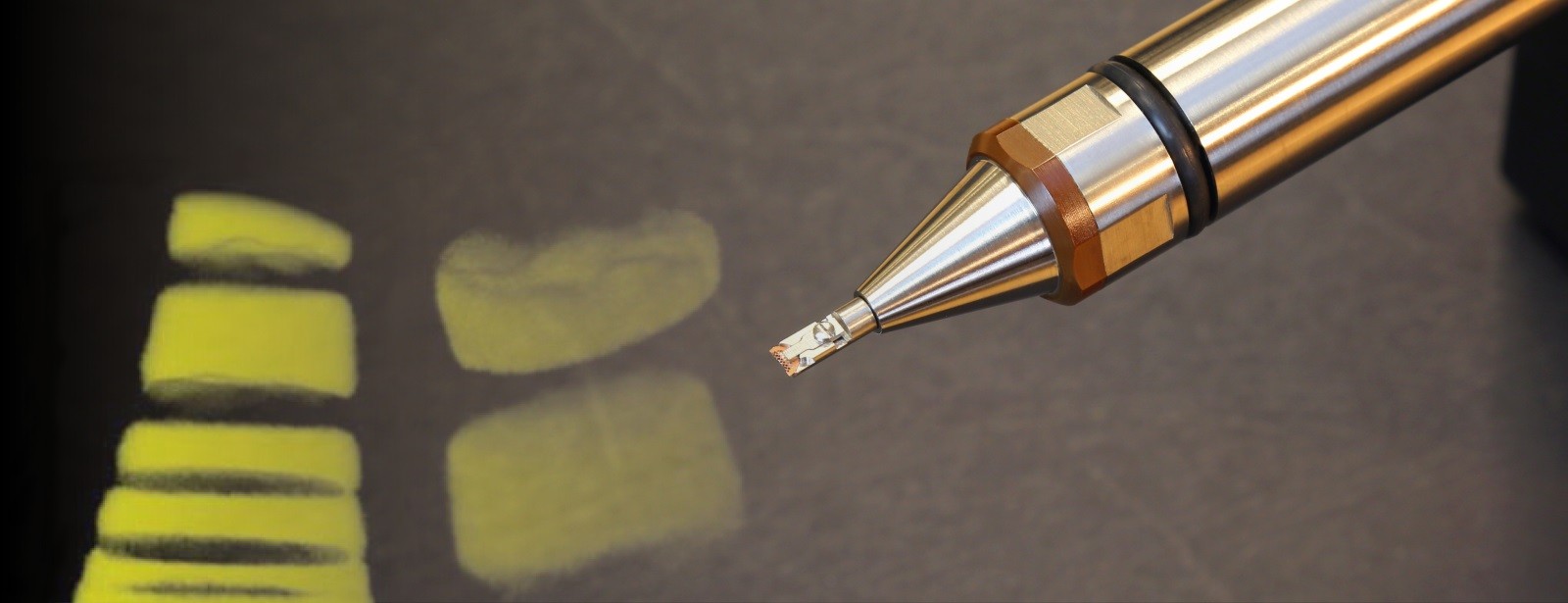
-
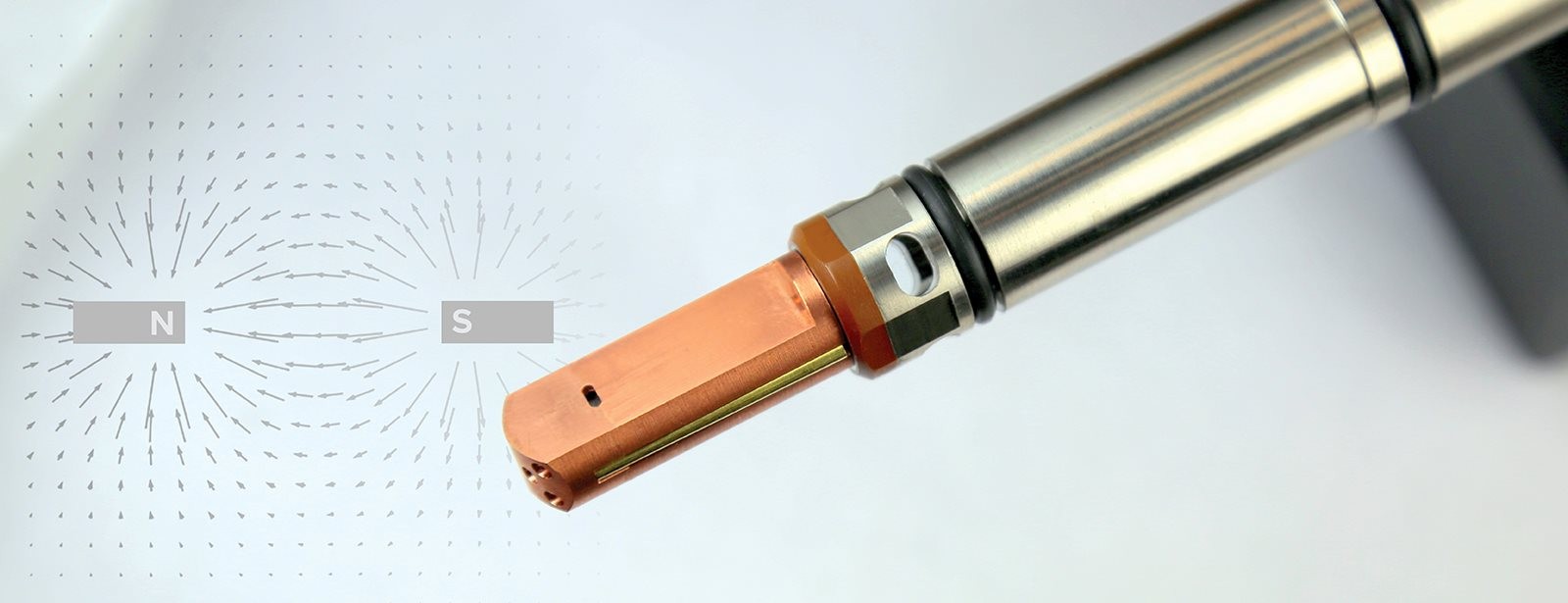
-
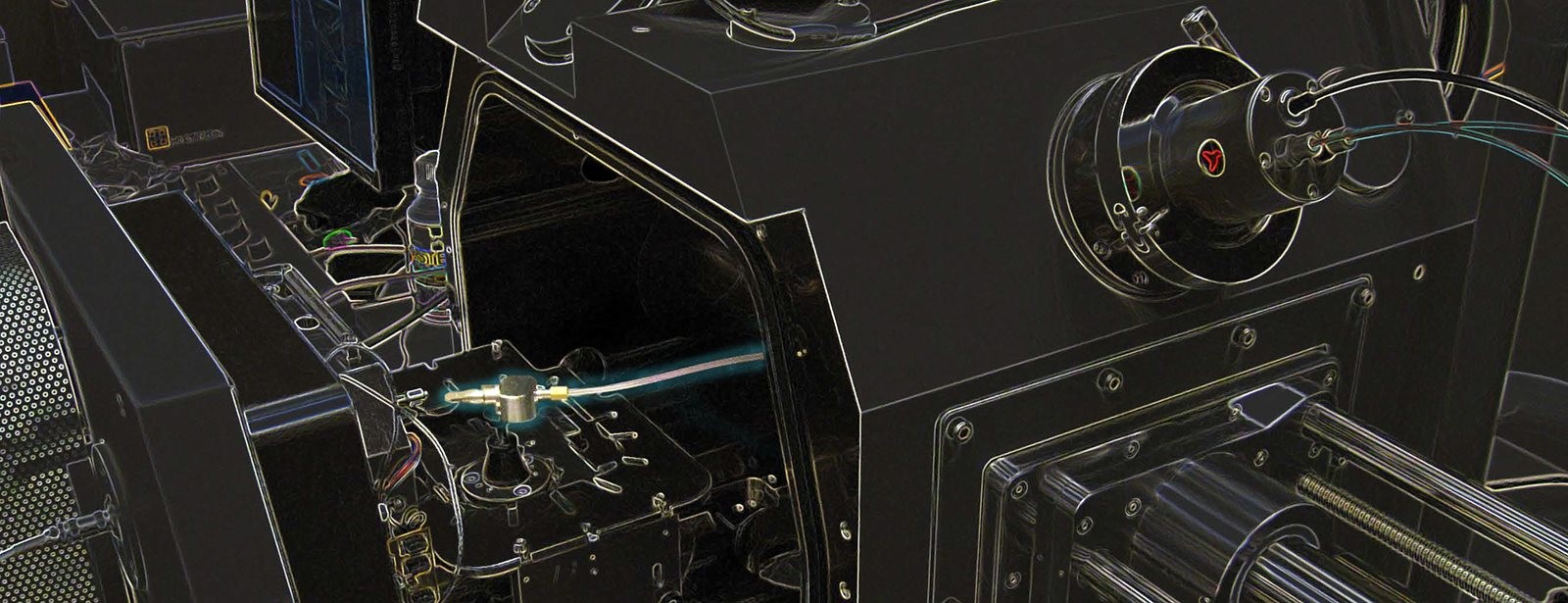
-
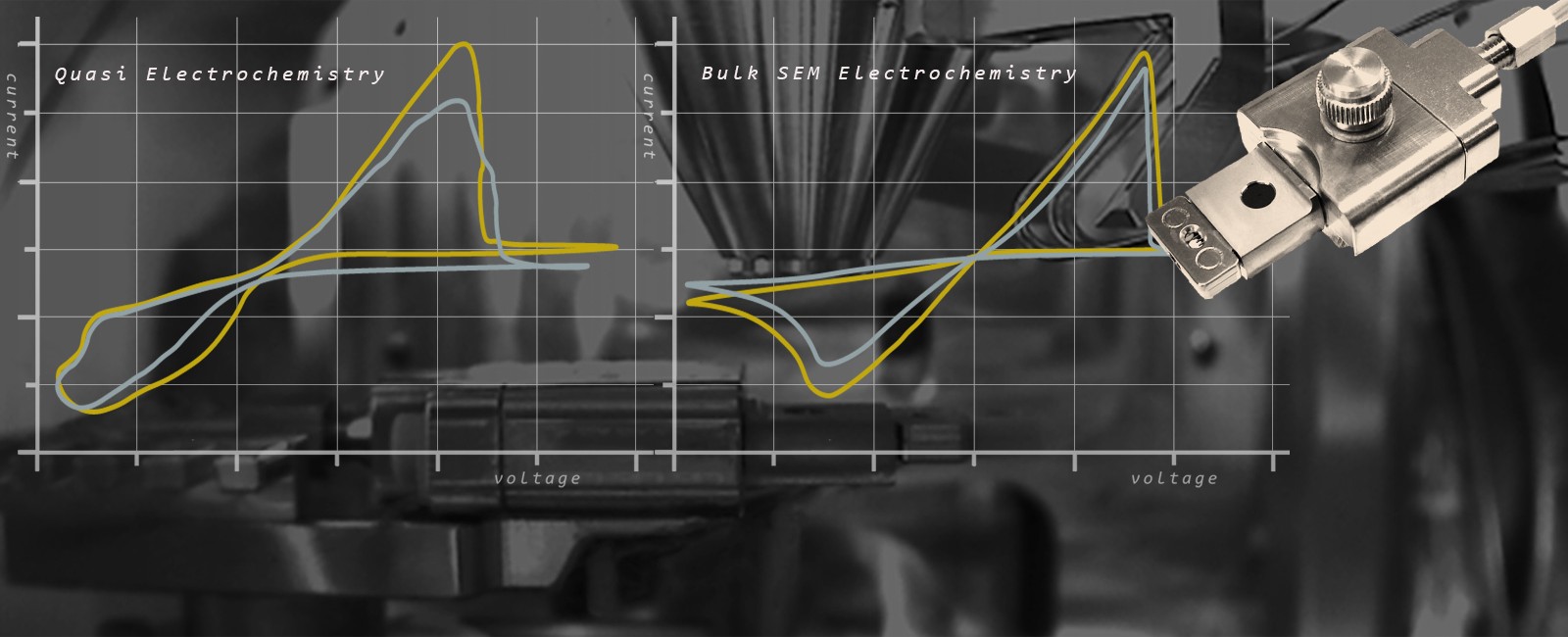
-
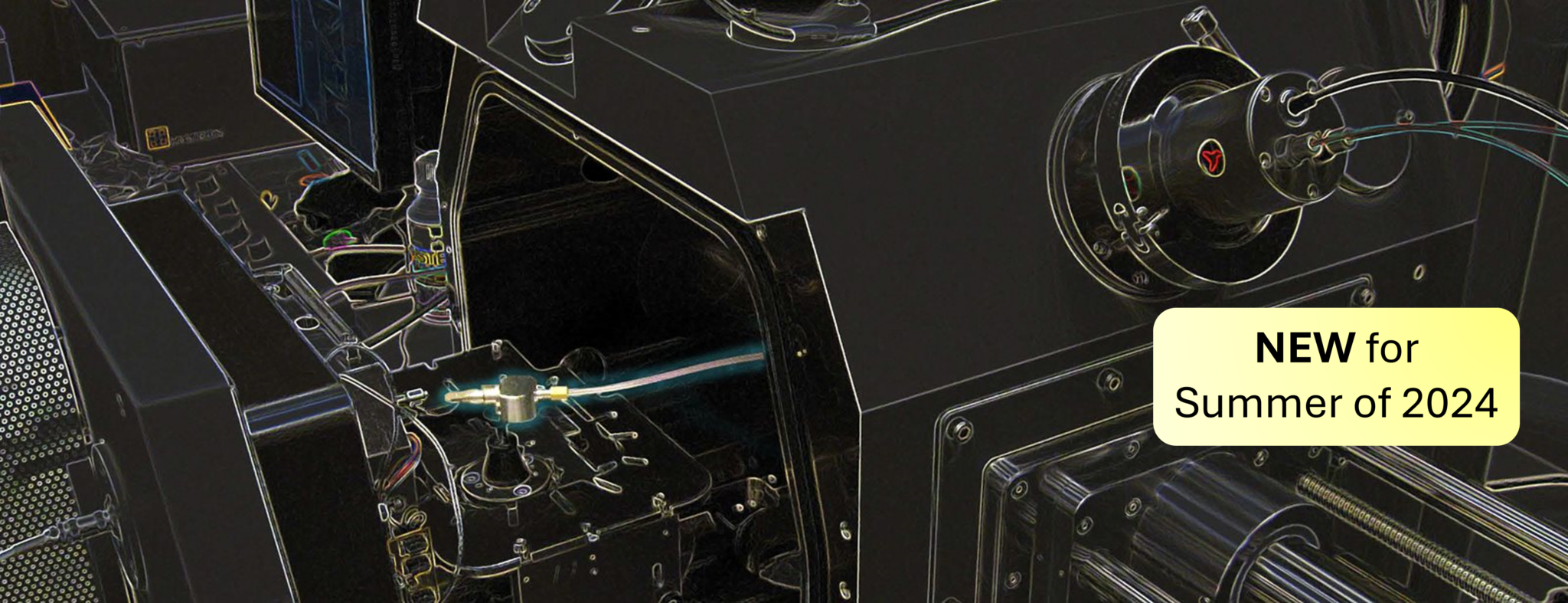
-
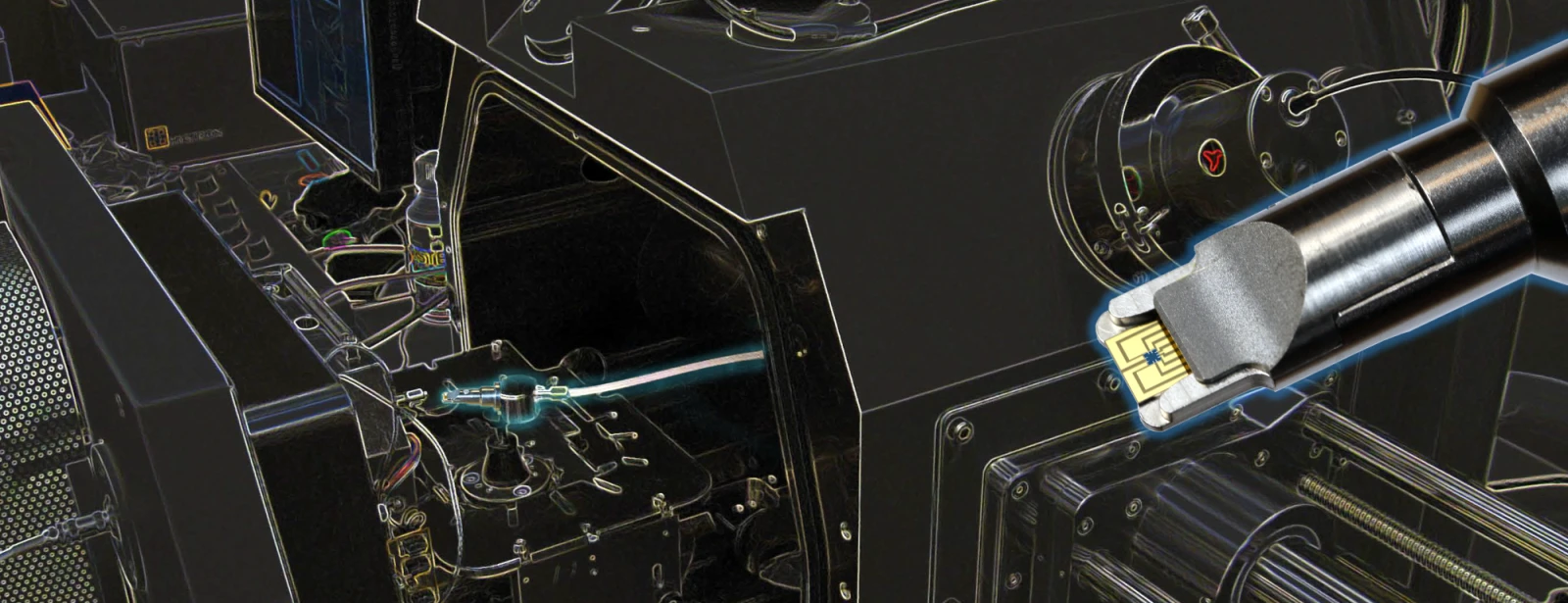
-
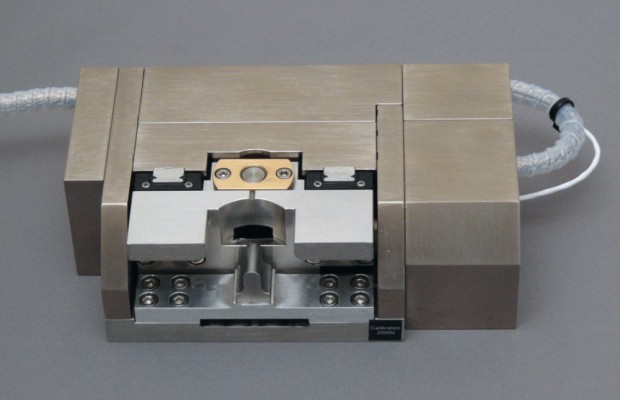
-
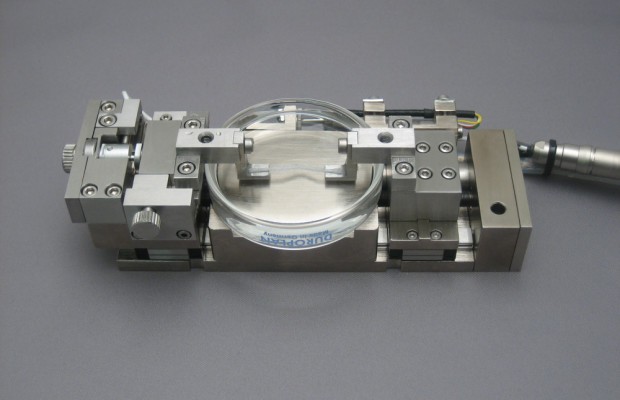
-
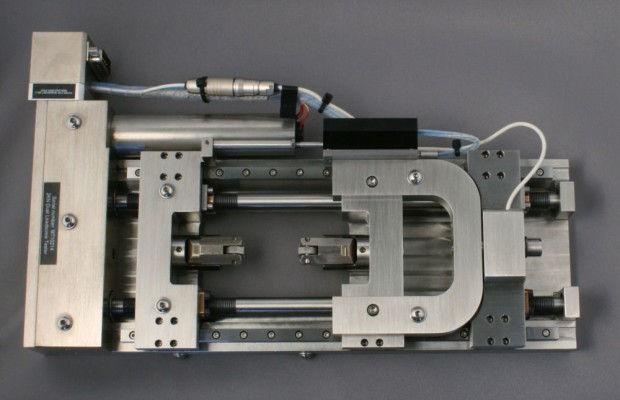
-
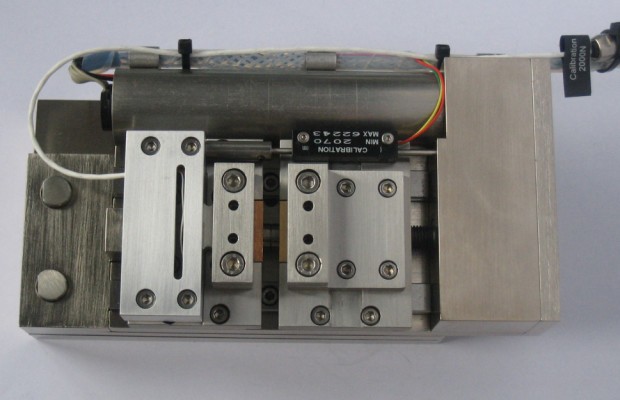
-
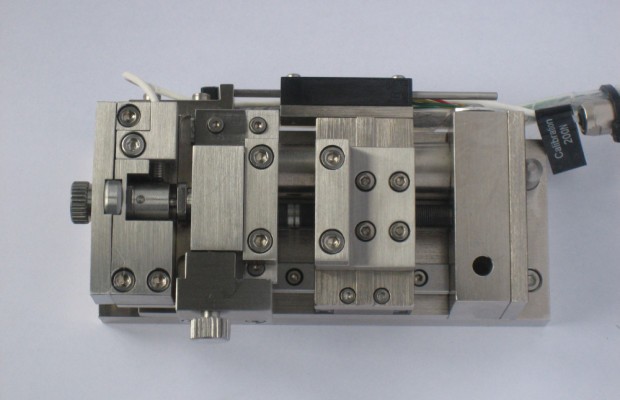
-
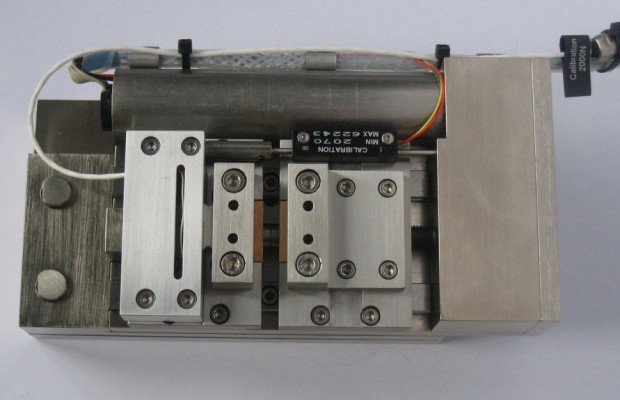
-
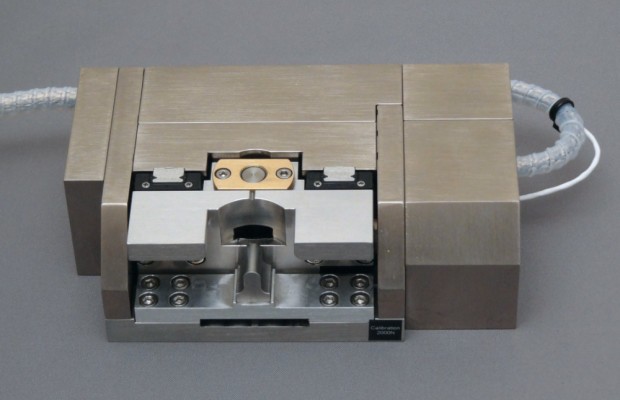
-
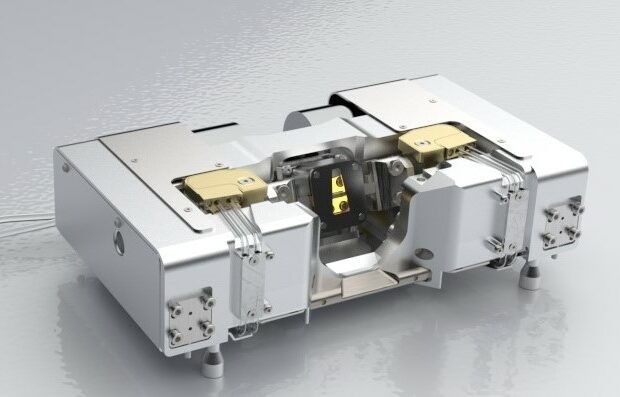
-
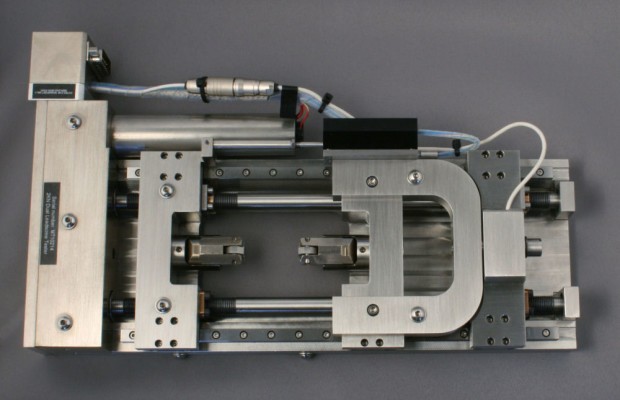
-
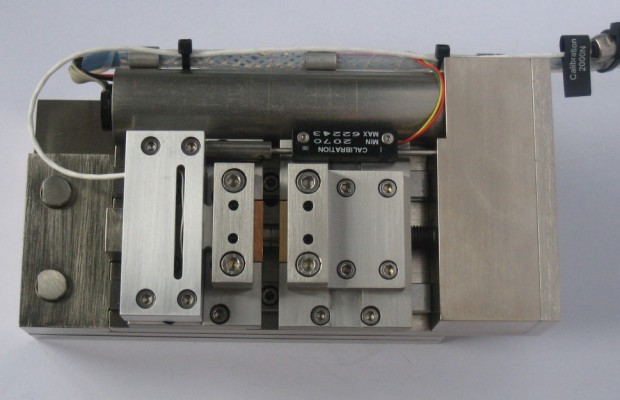
-
-
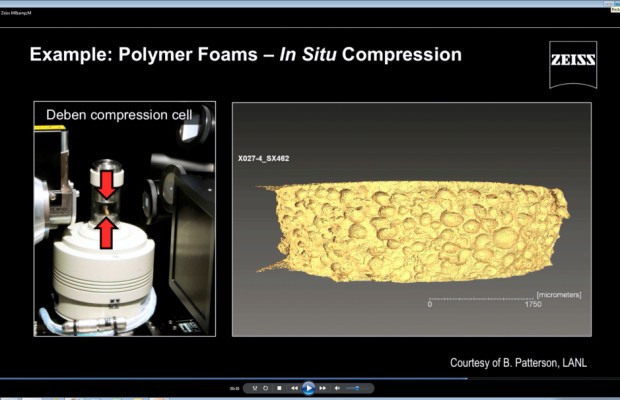
-
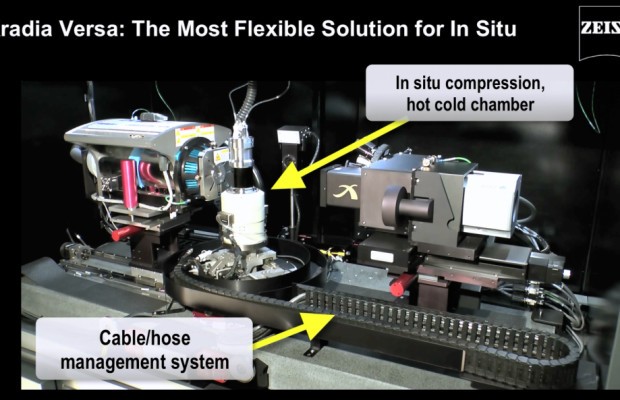
-
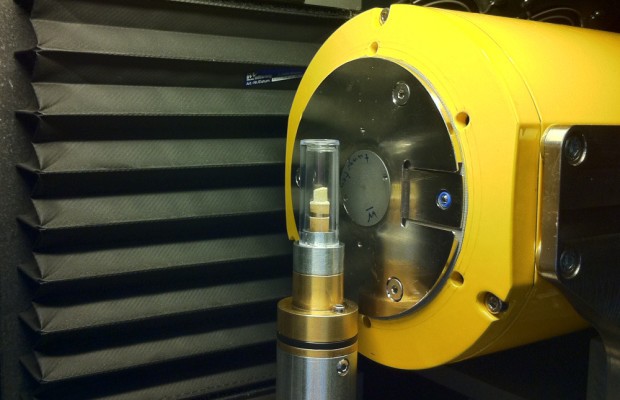
-
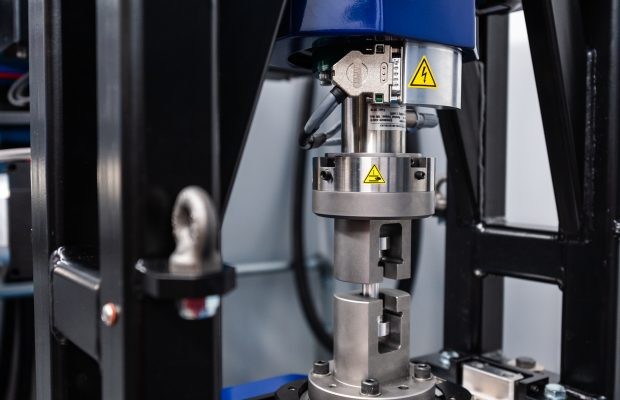
-
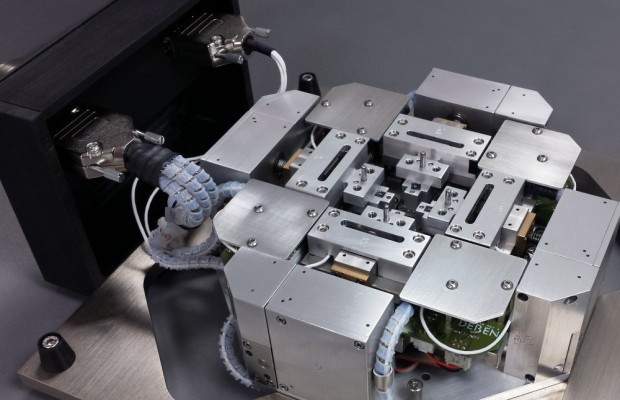
-
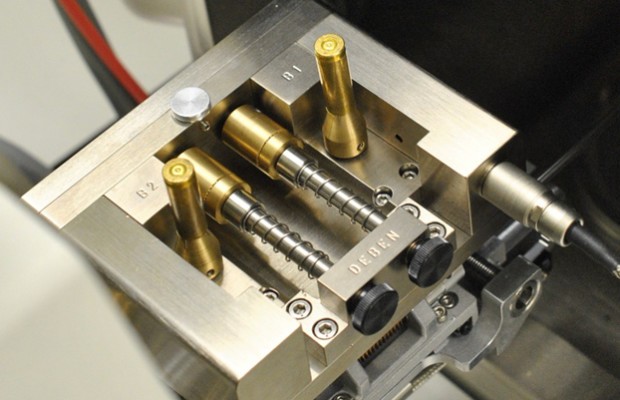
-
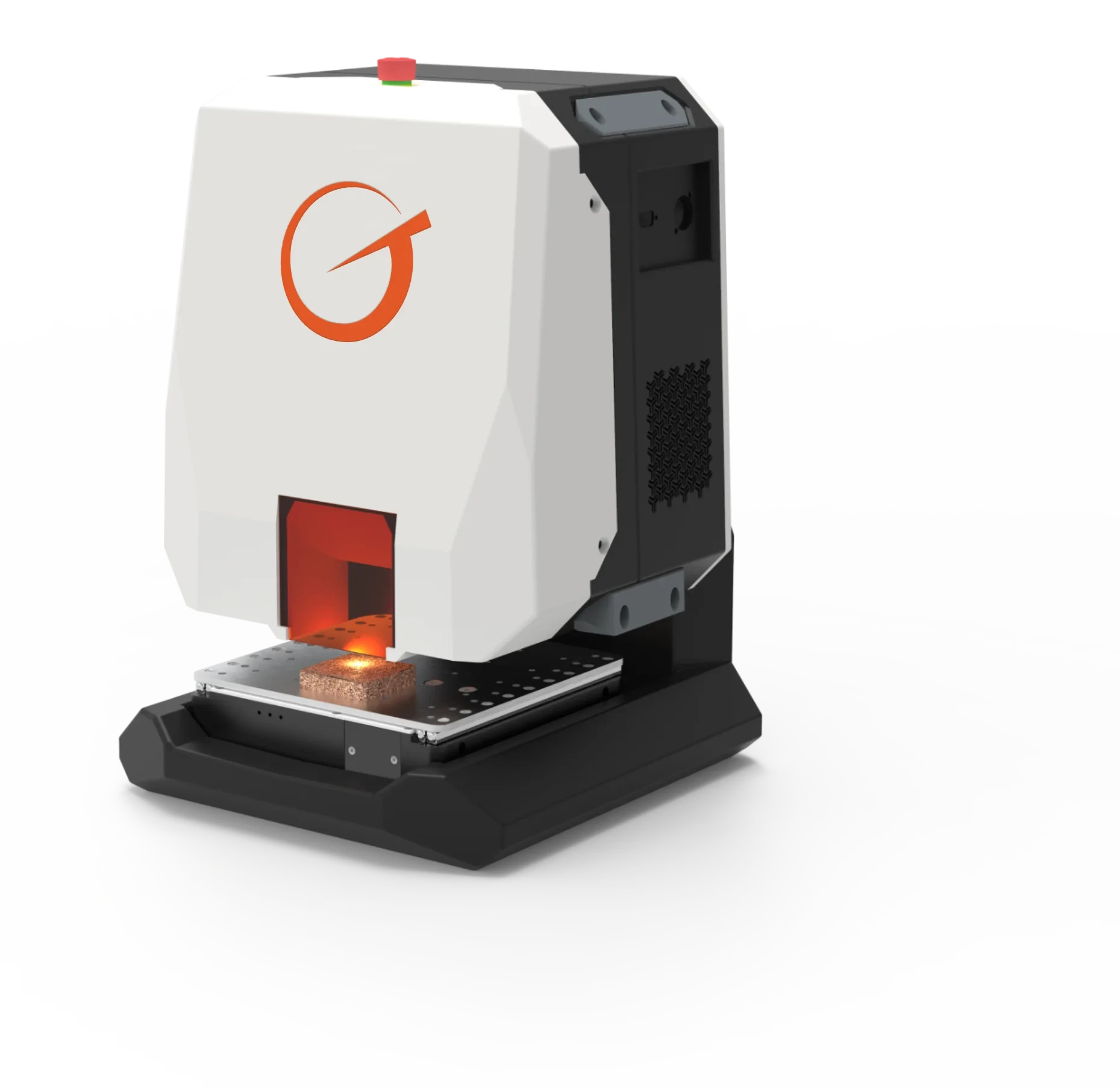
-
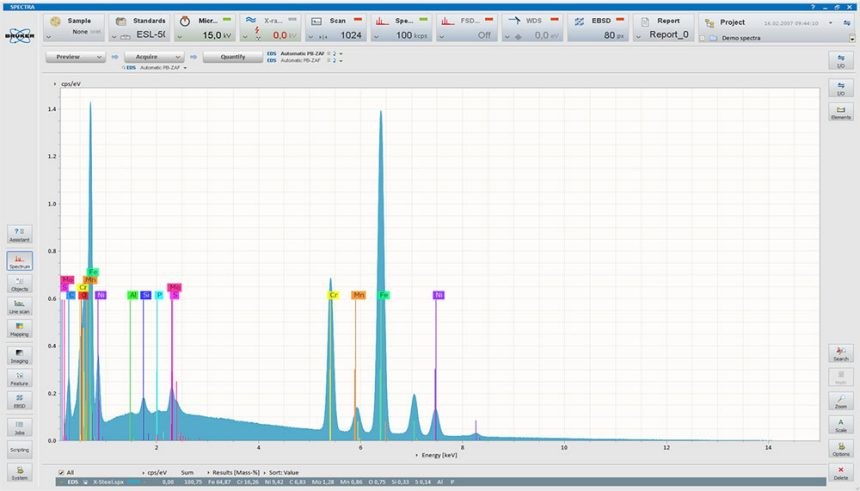
-
